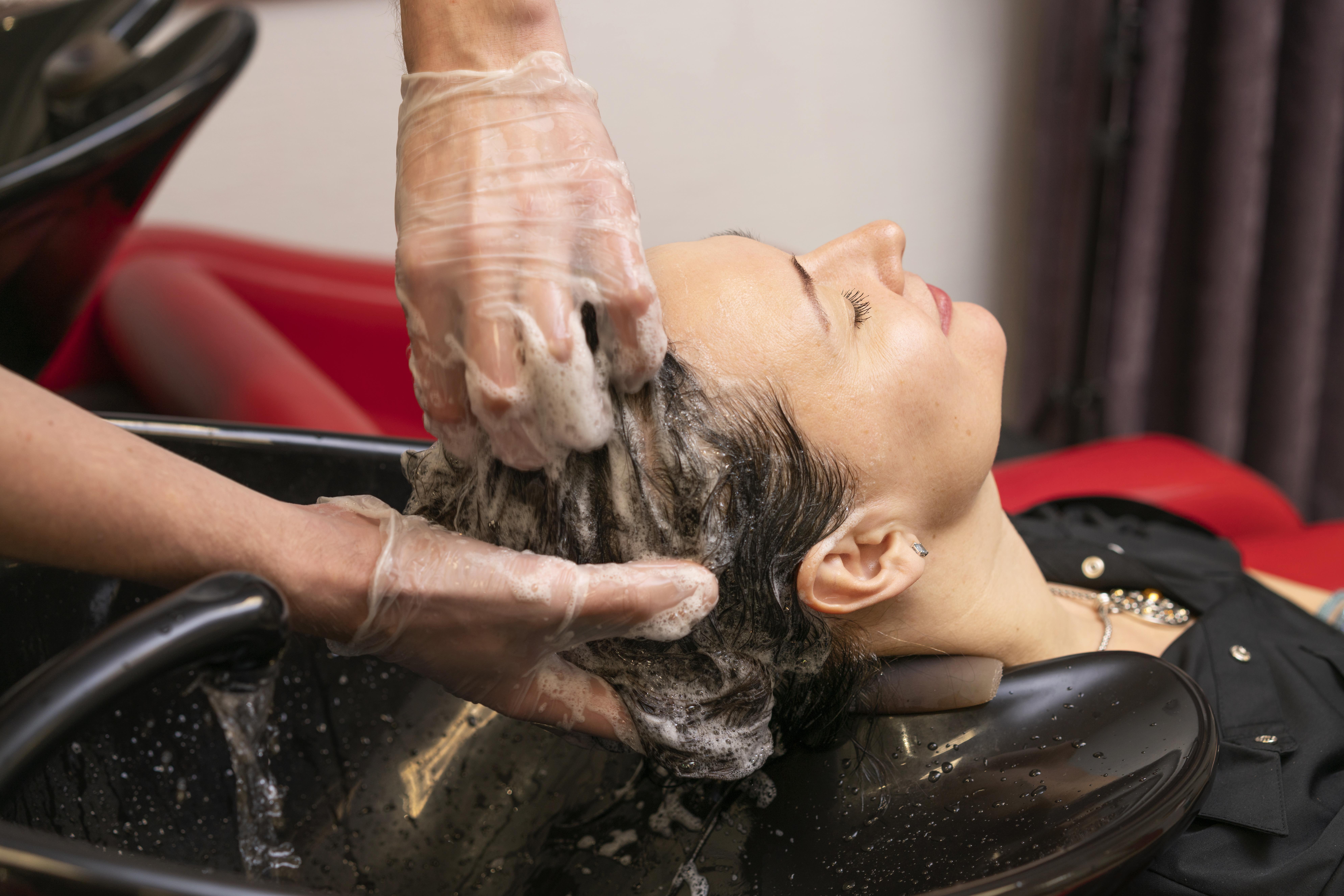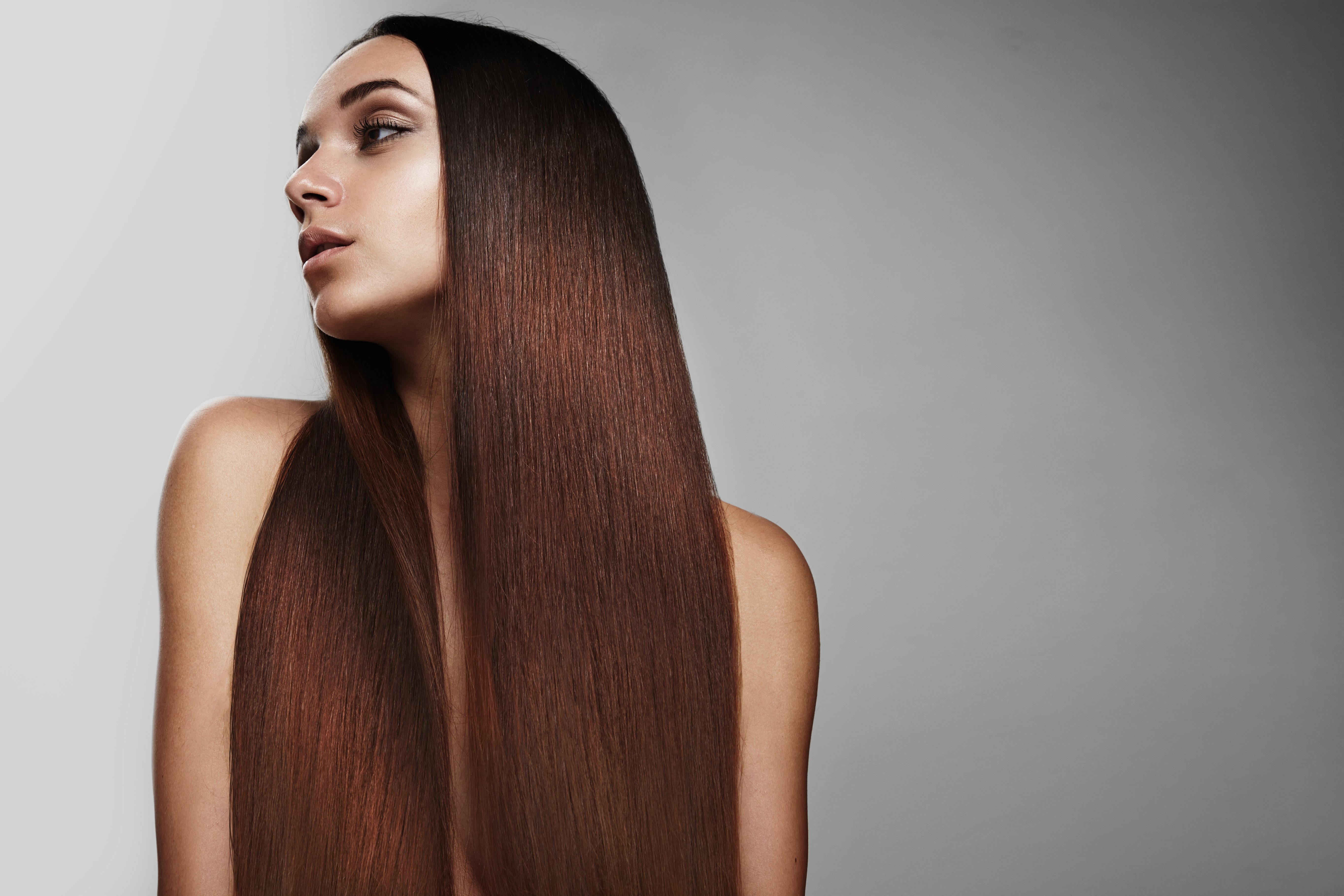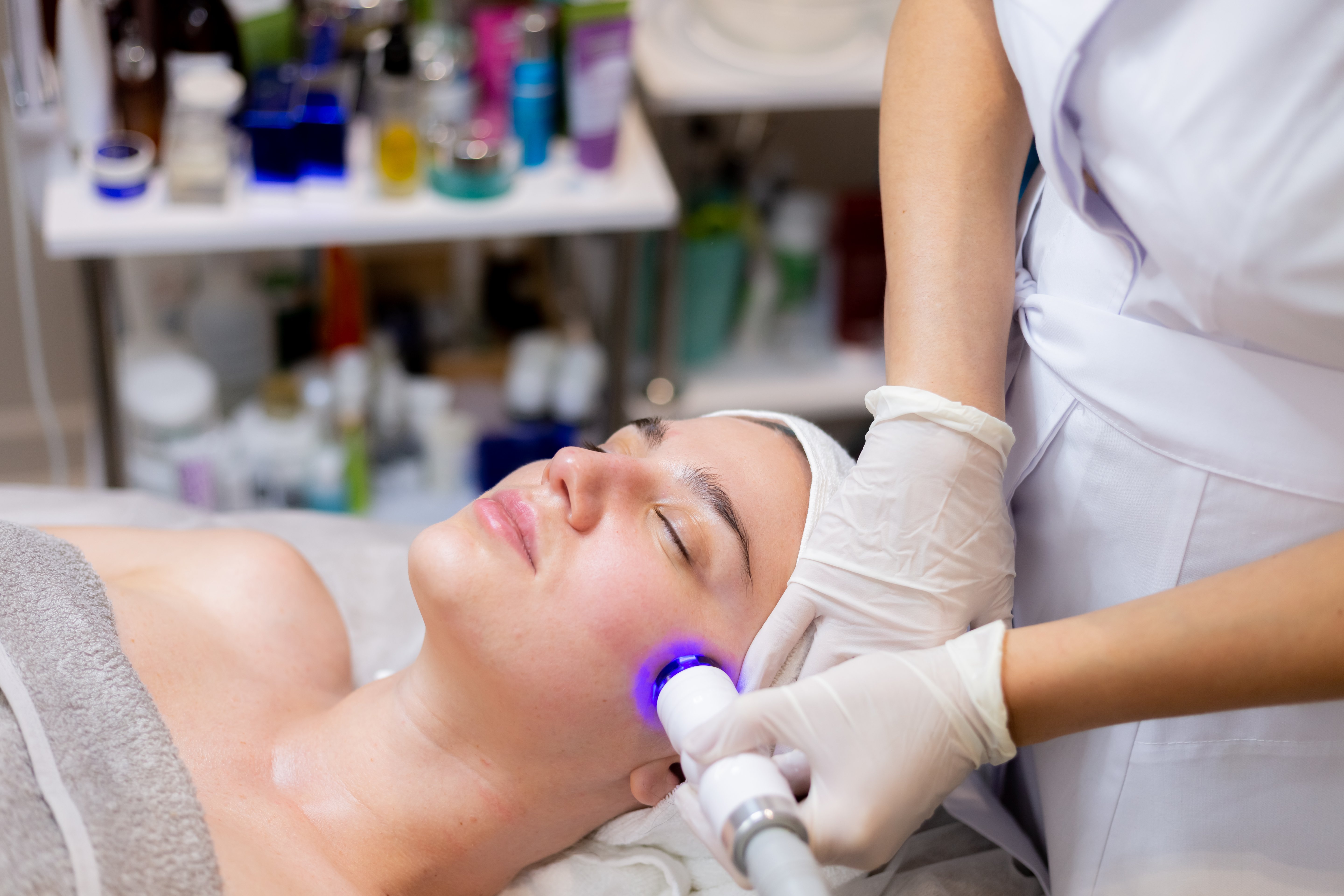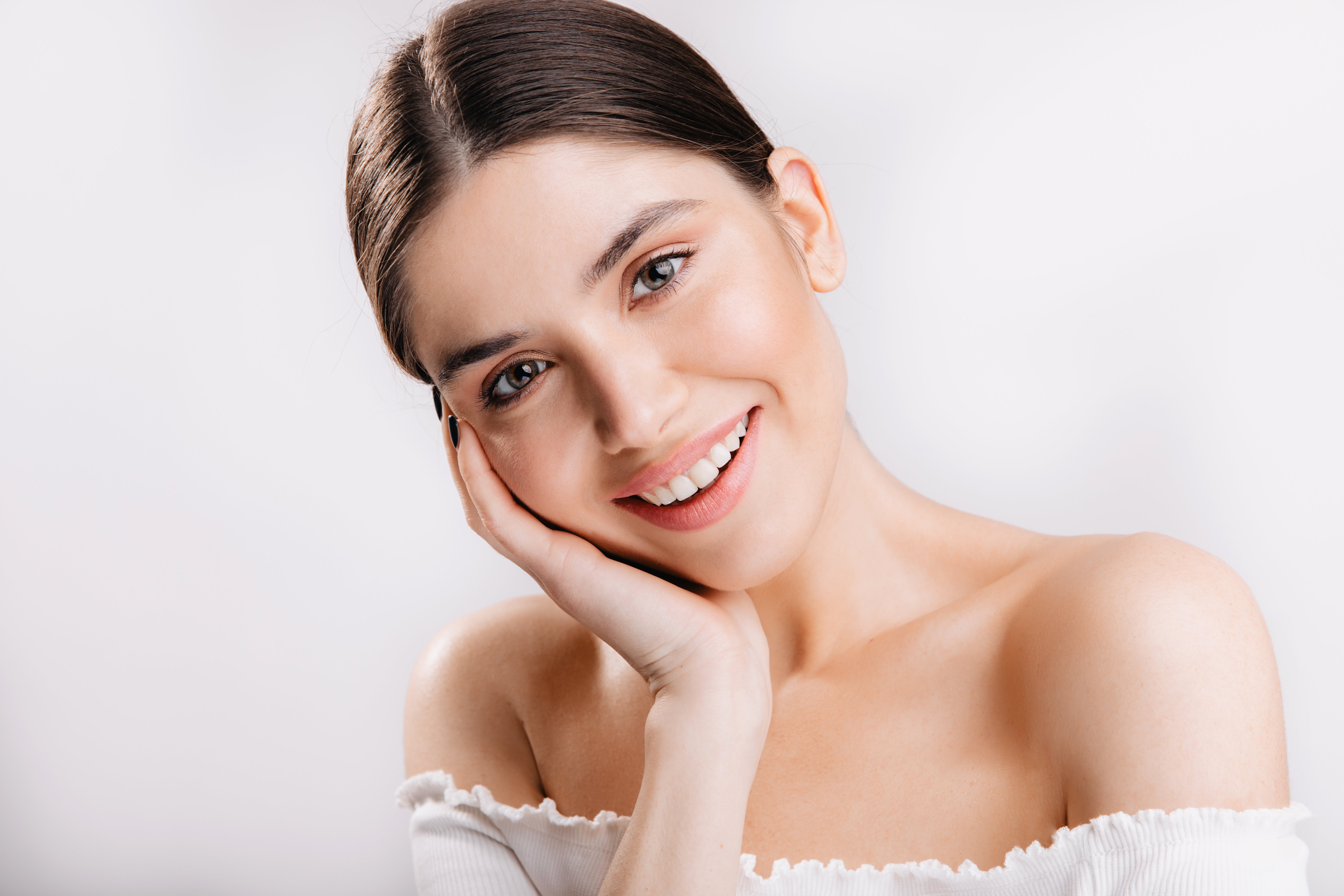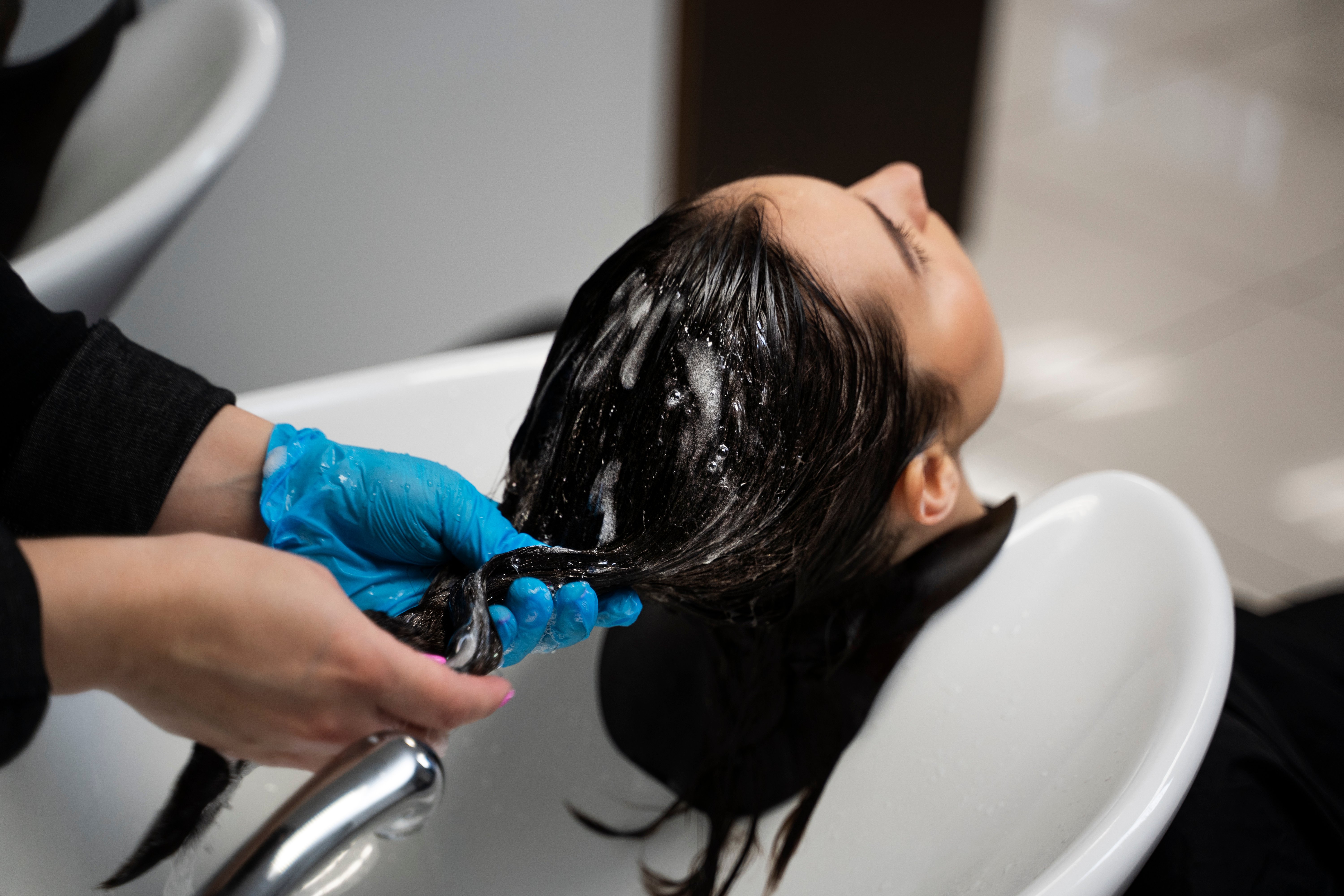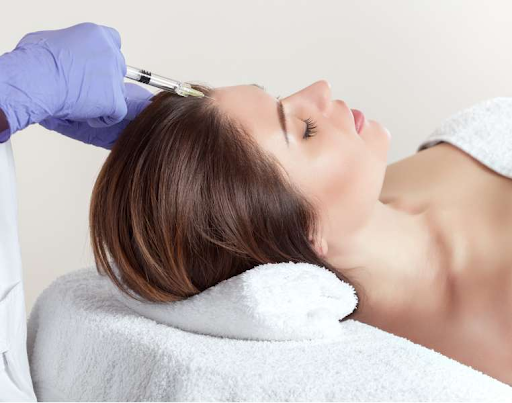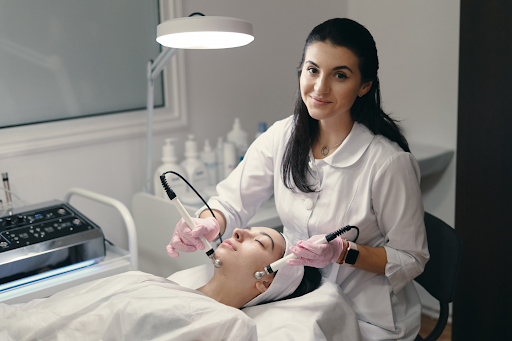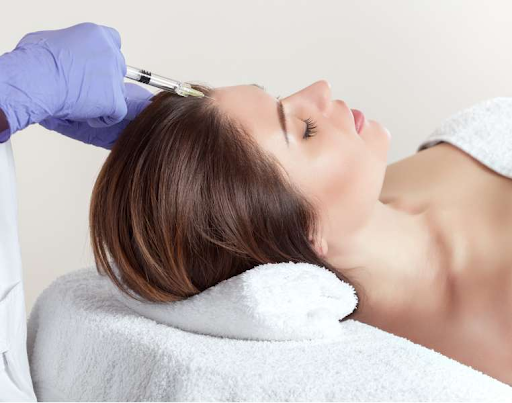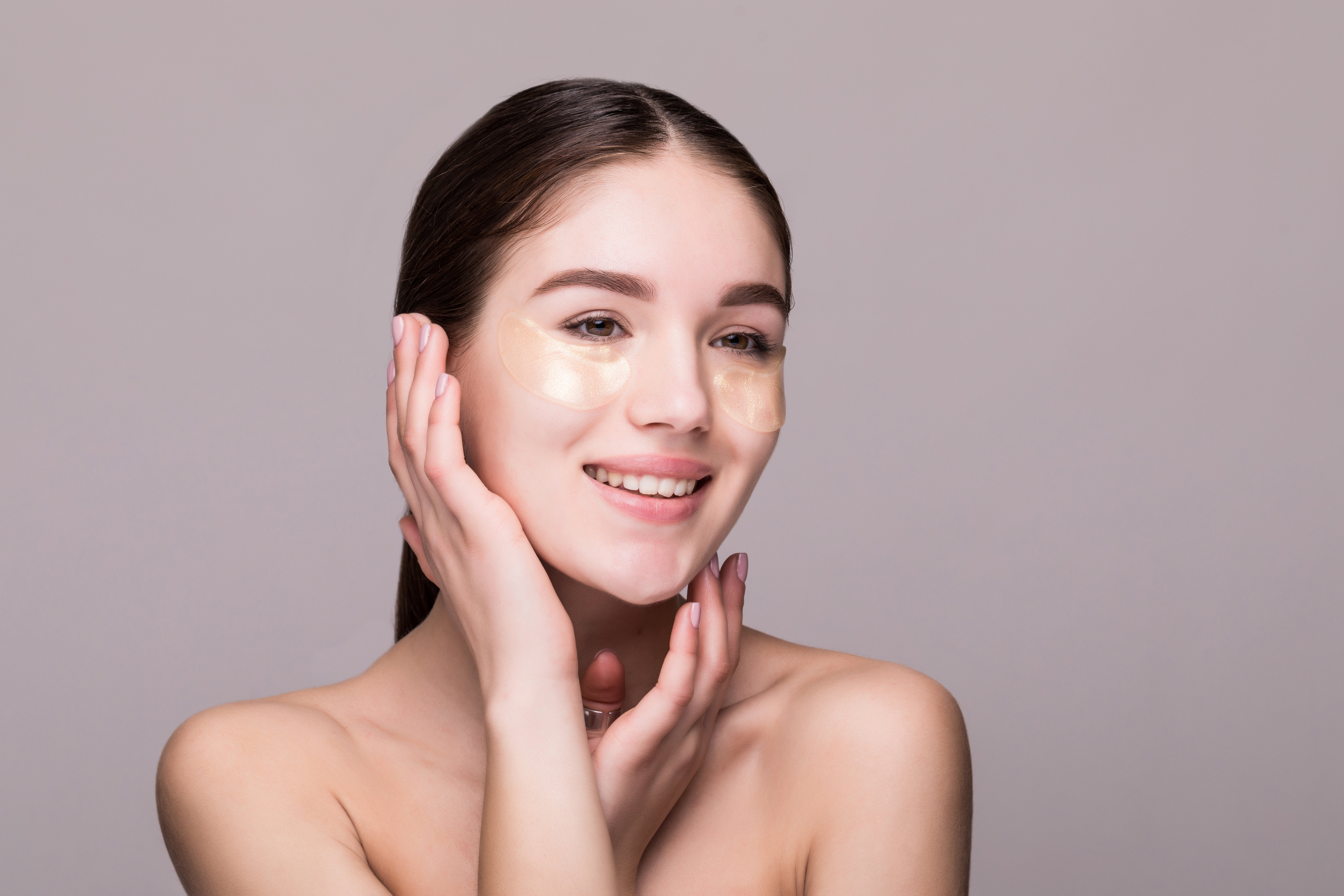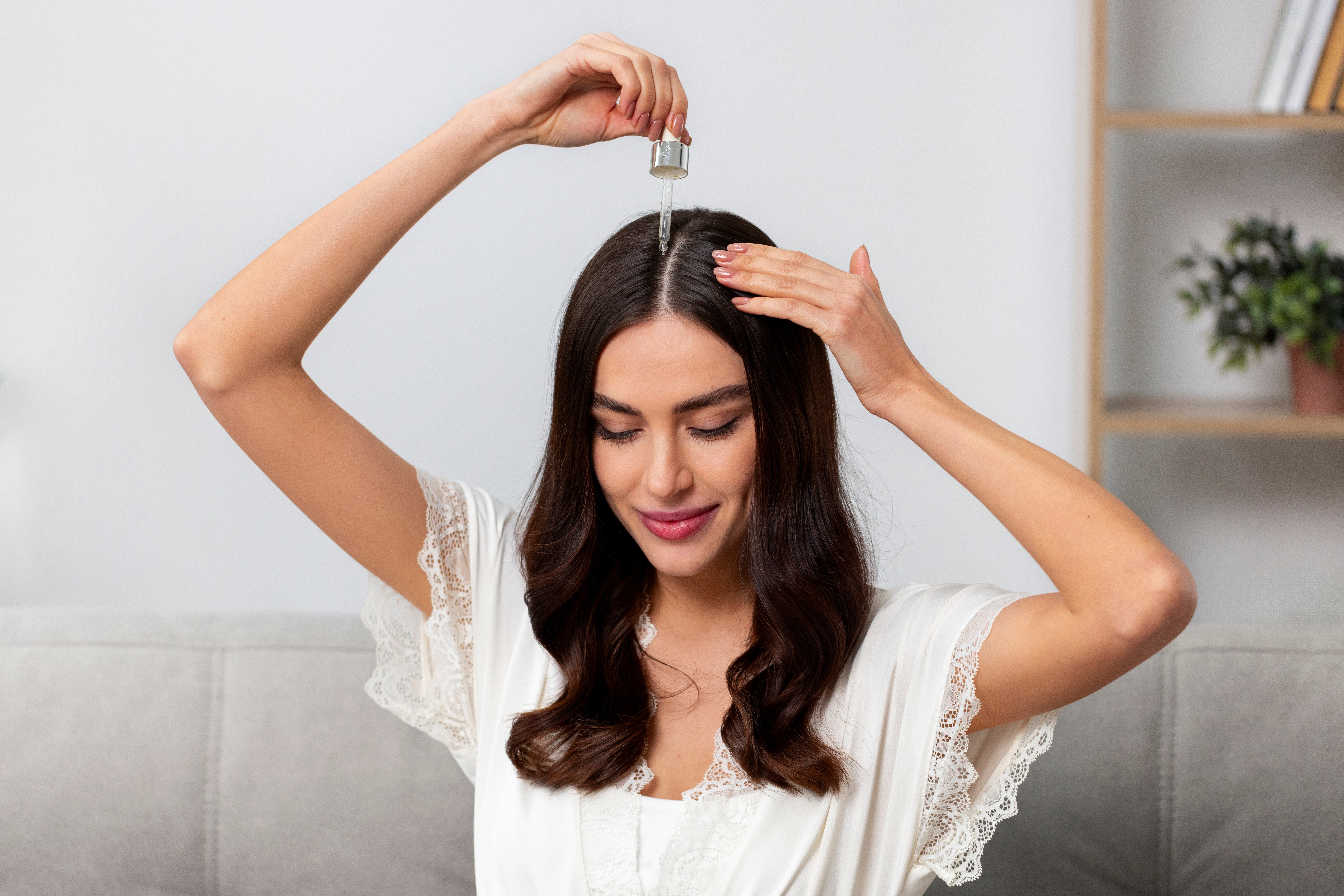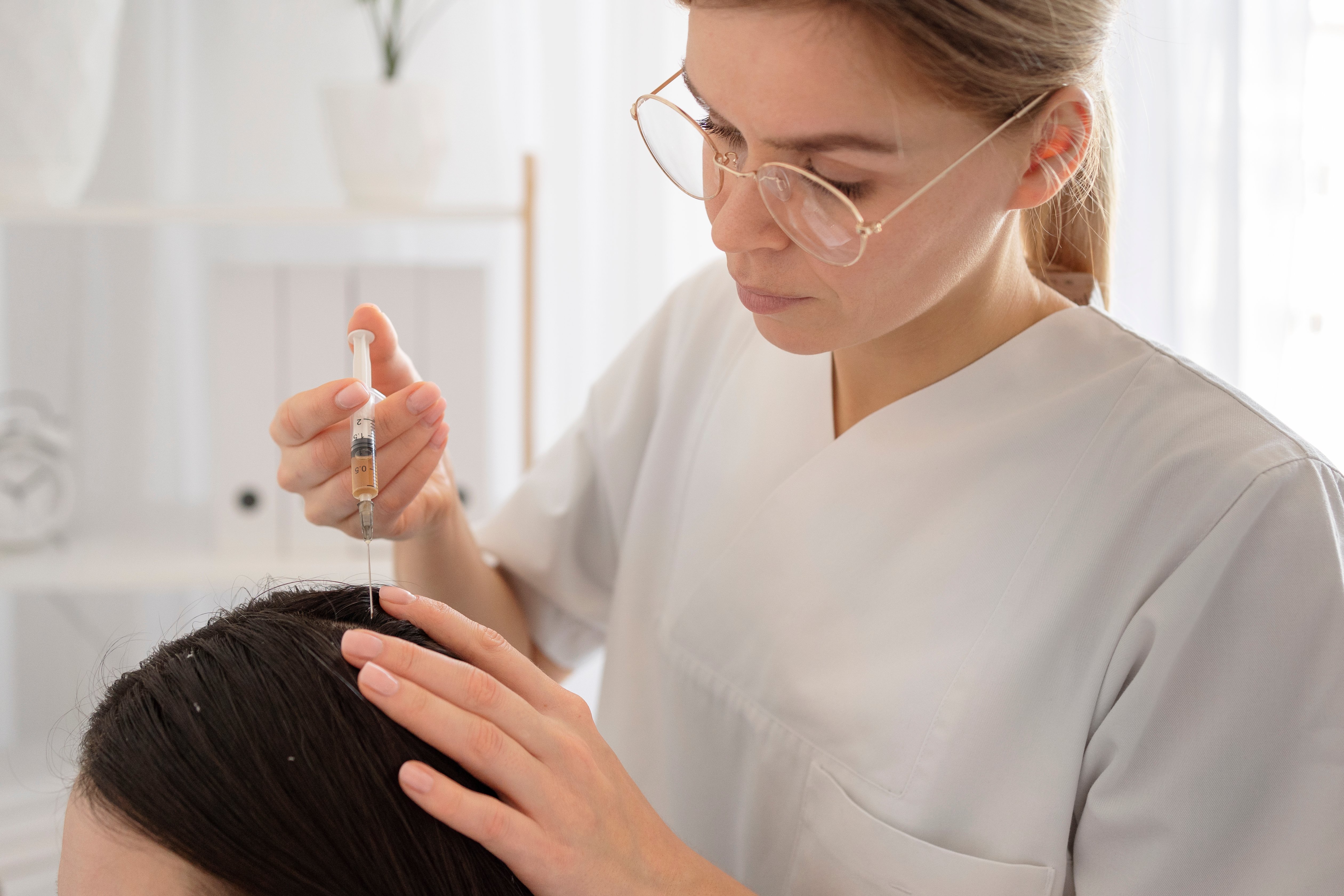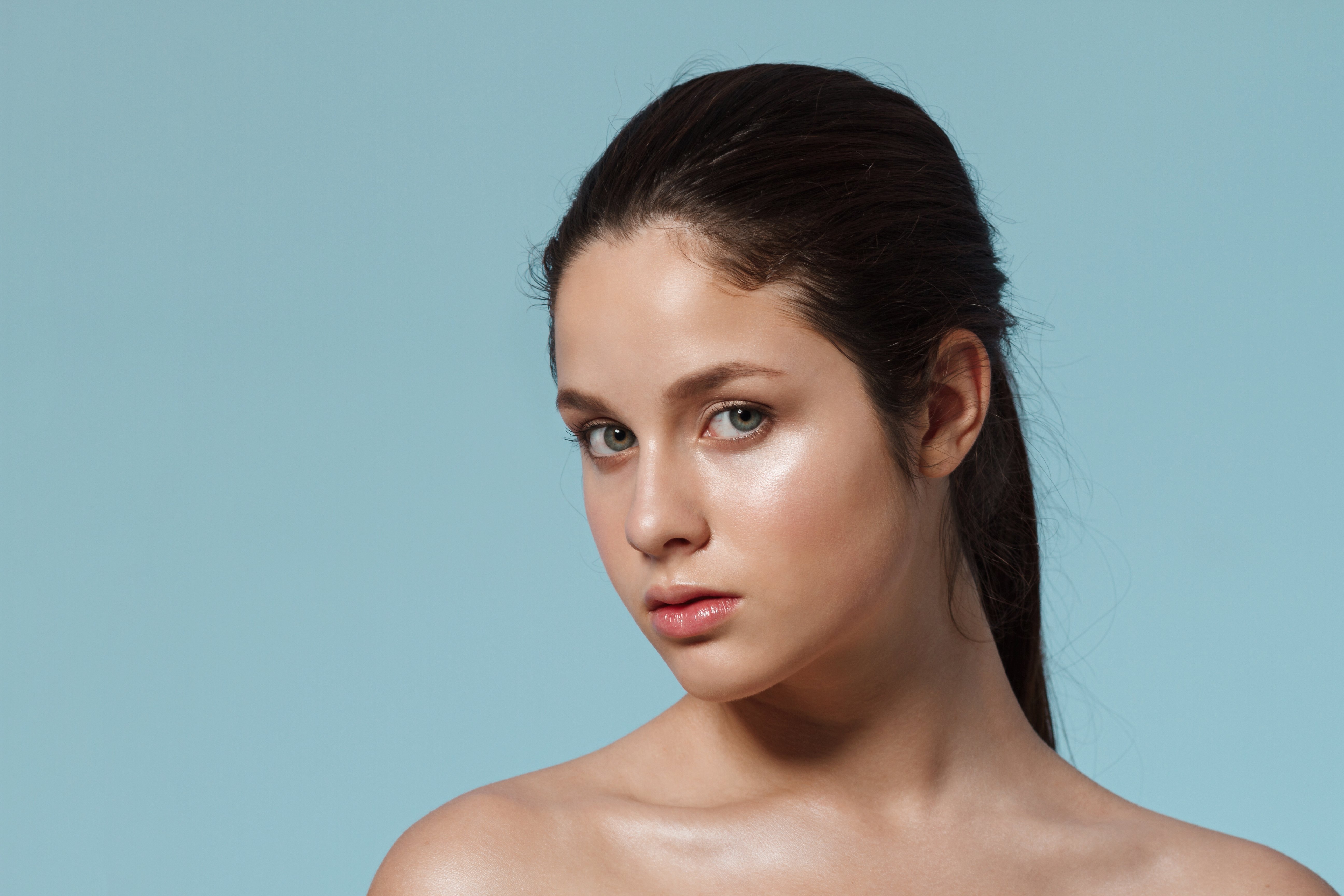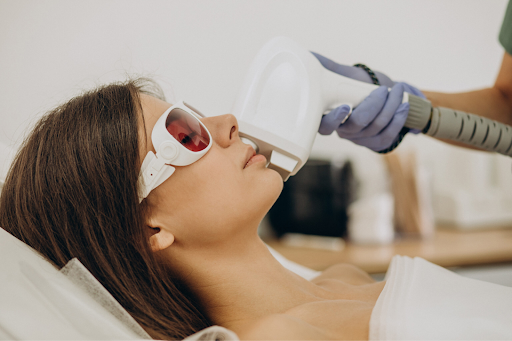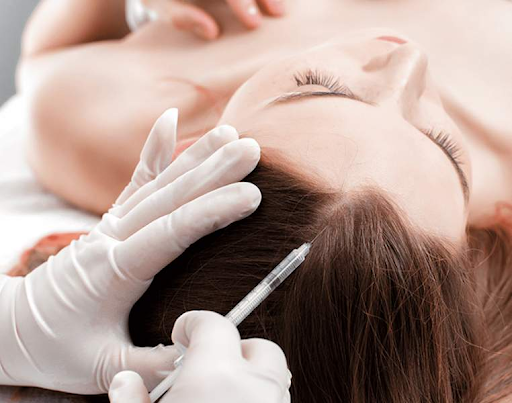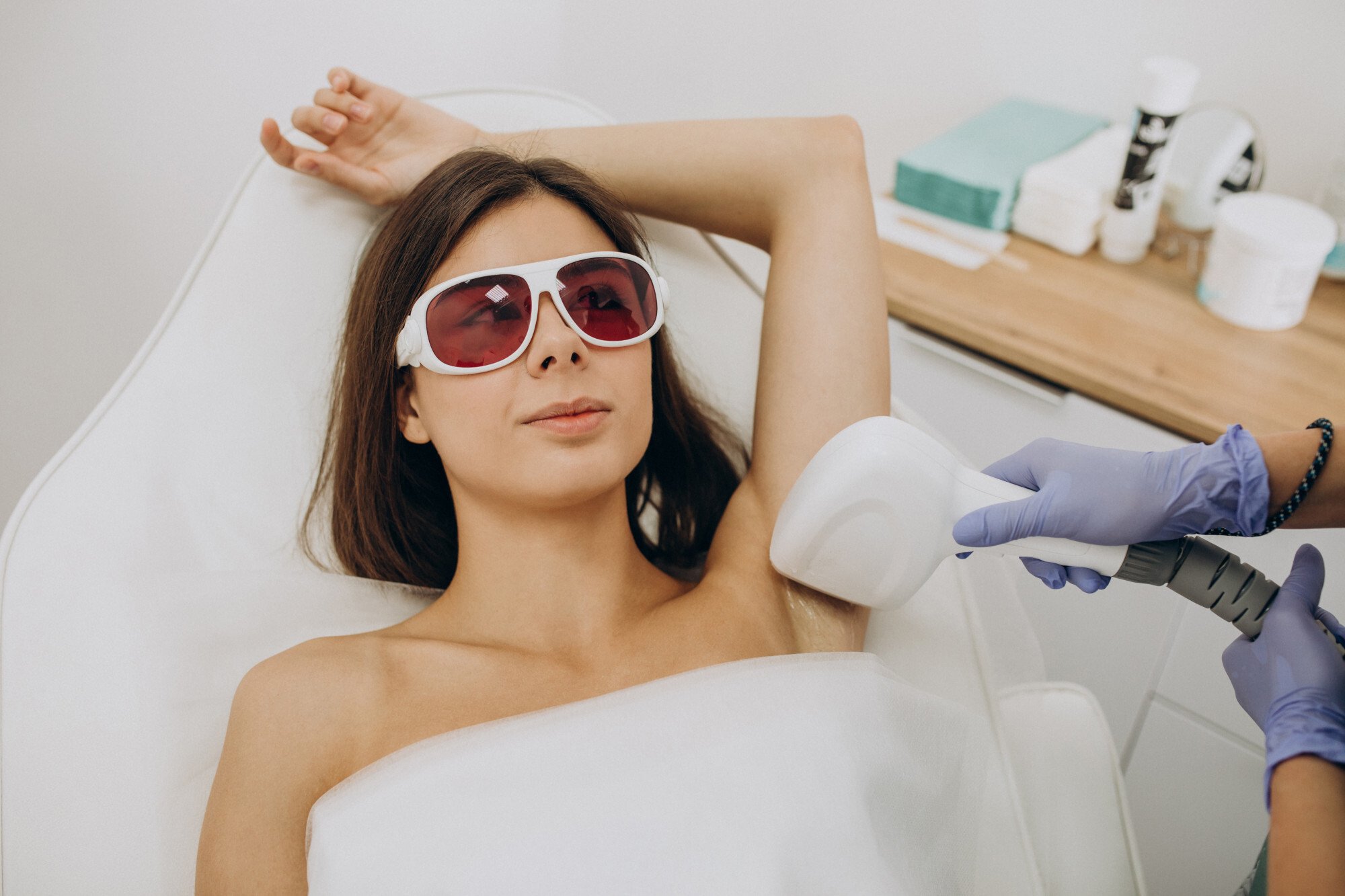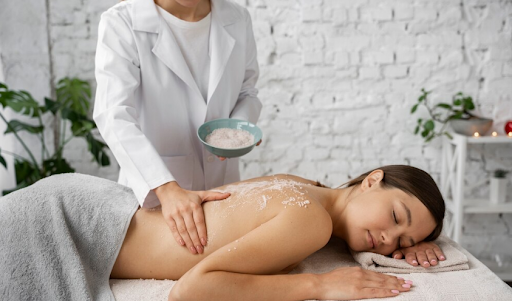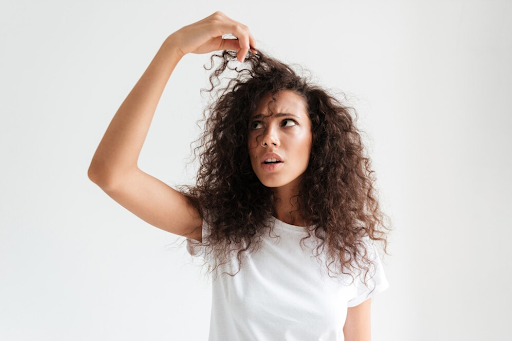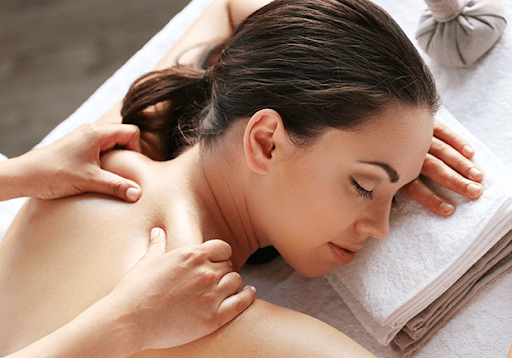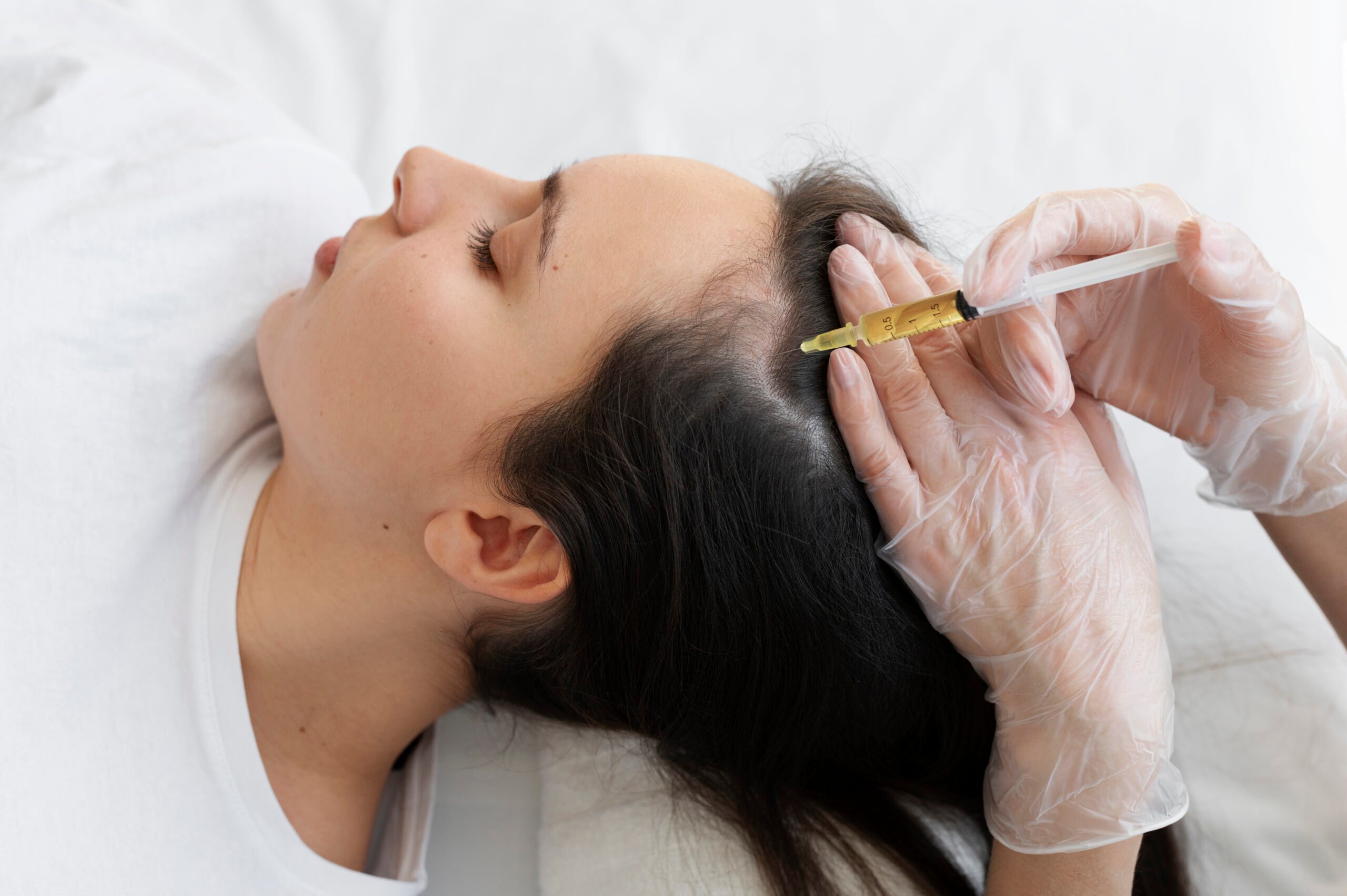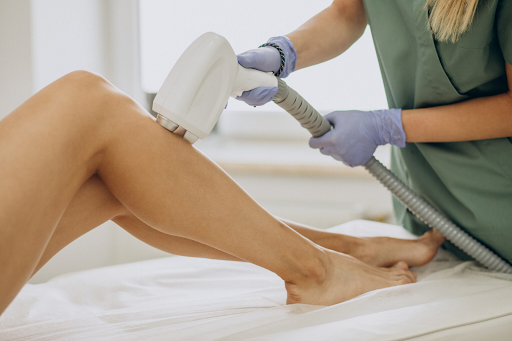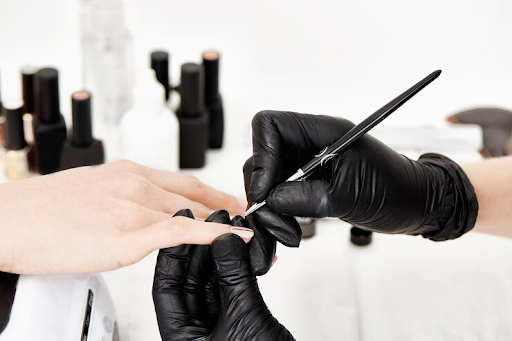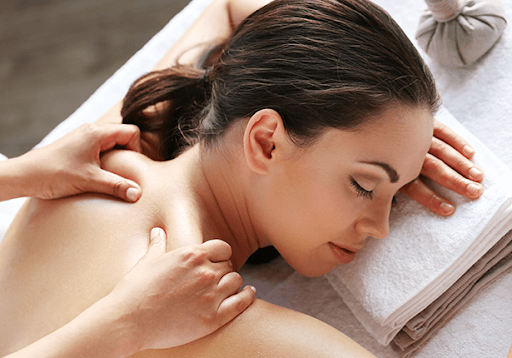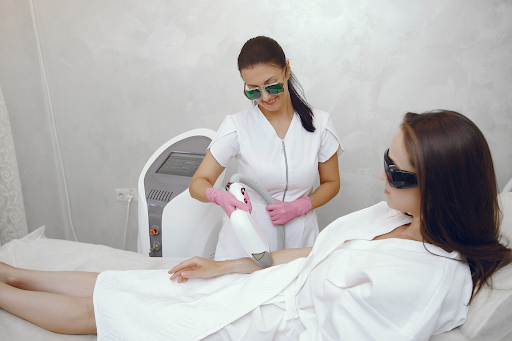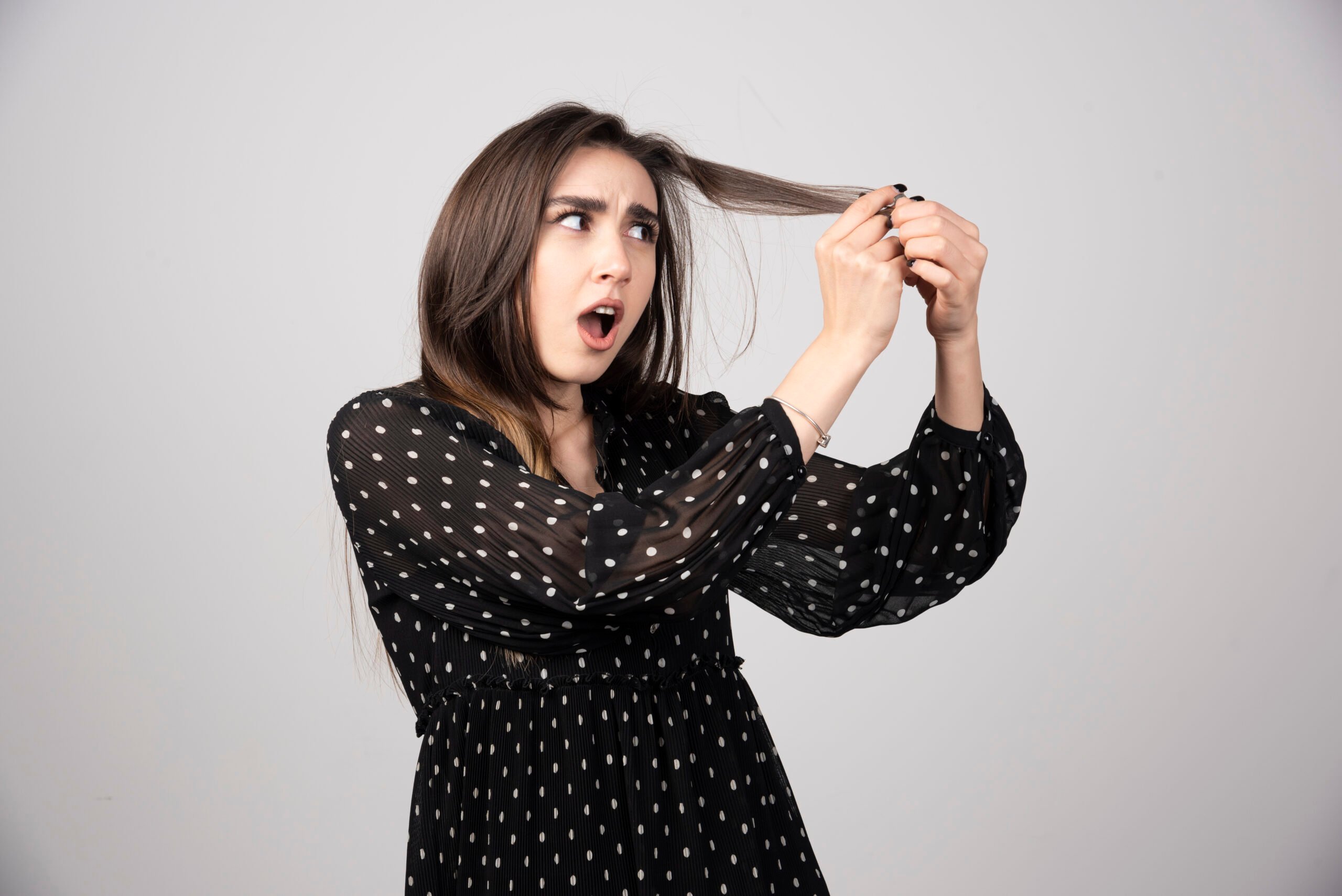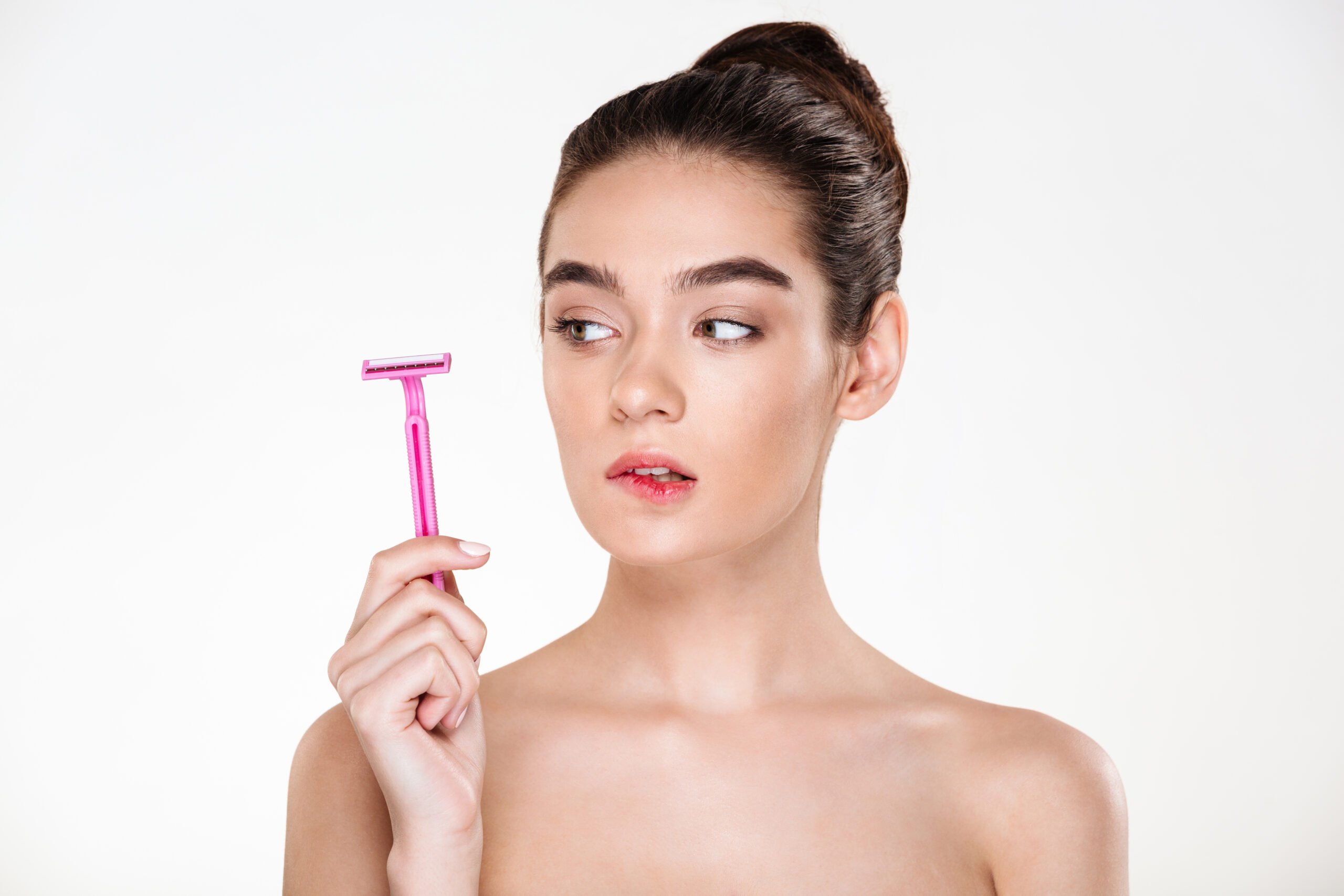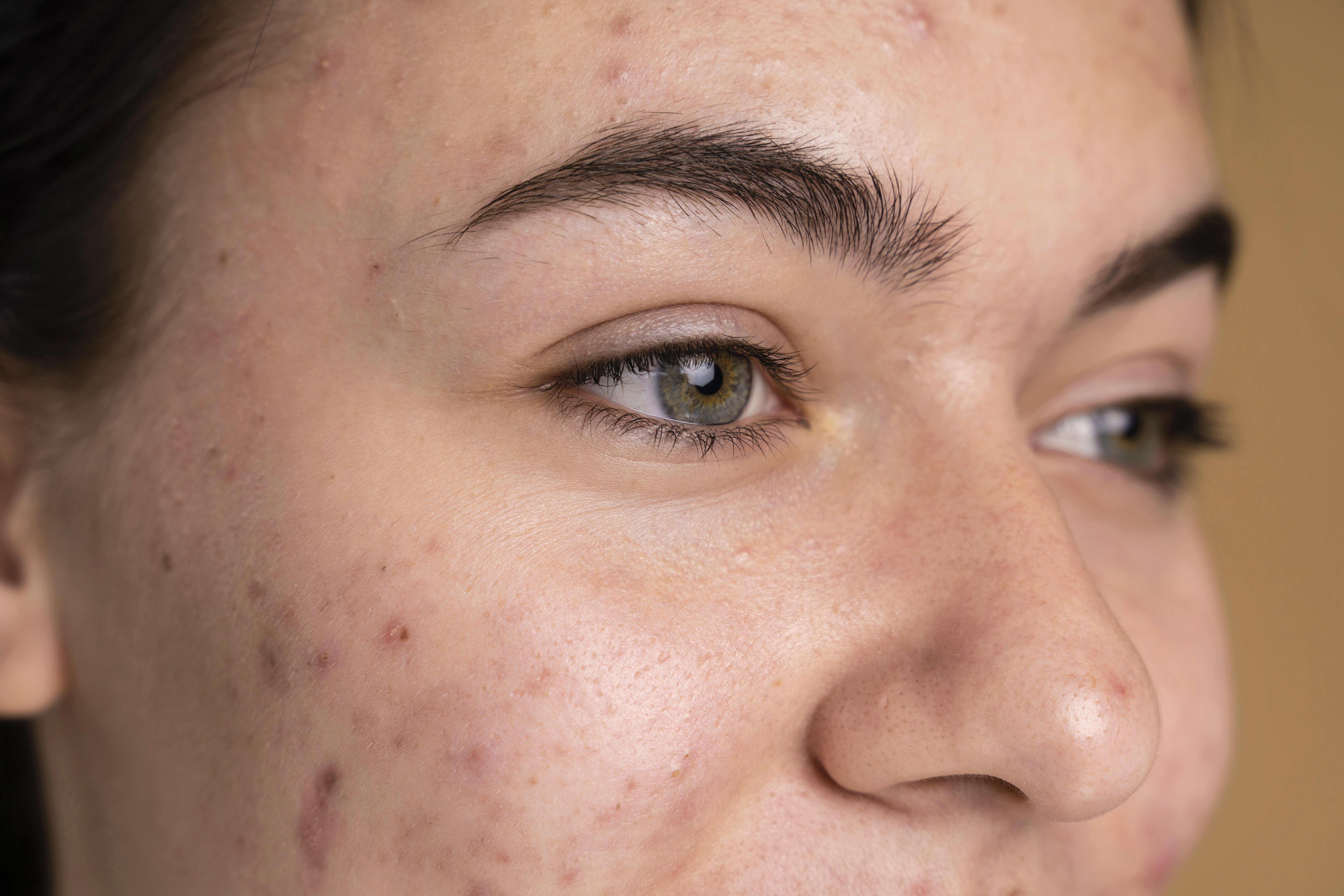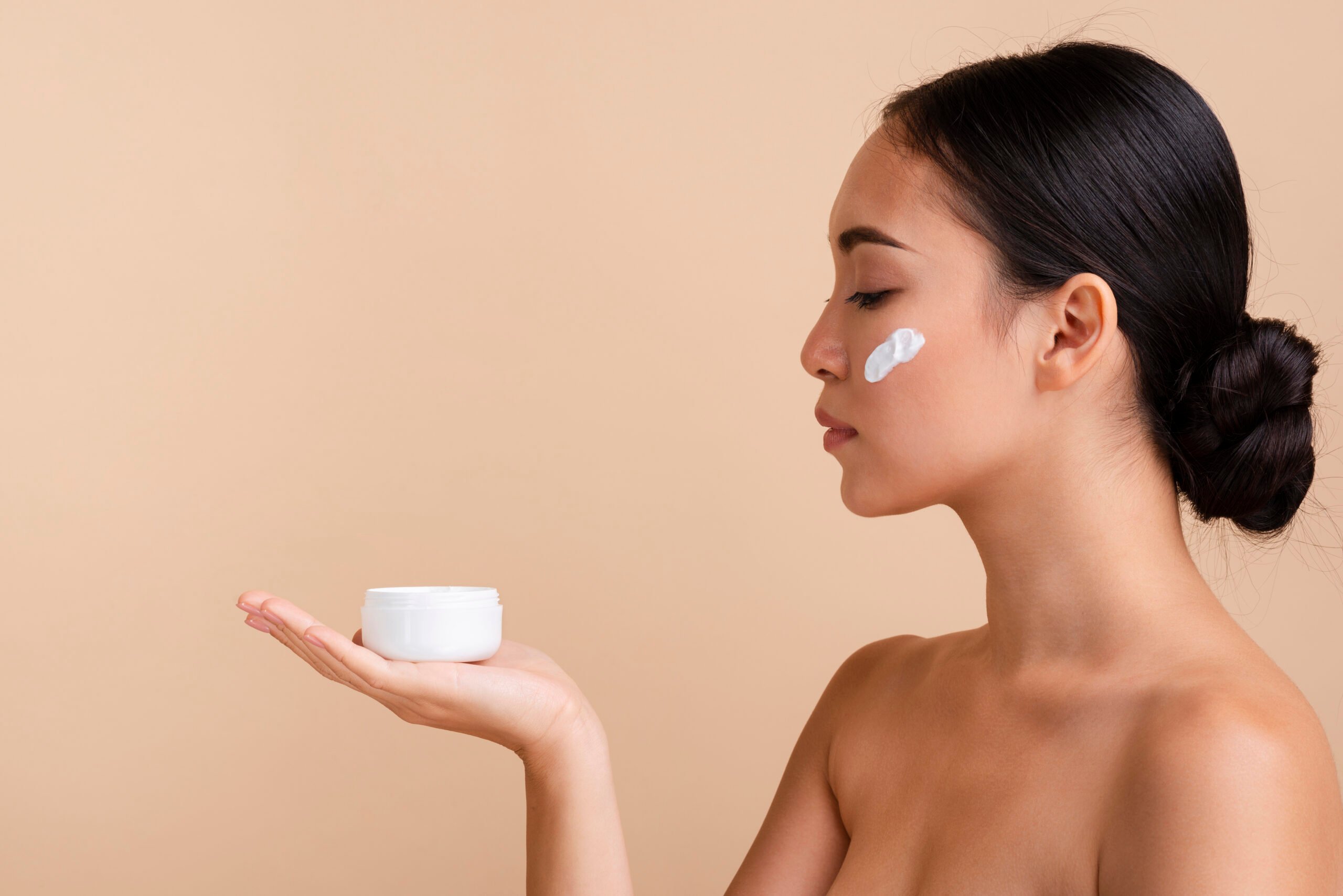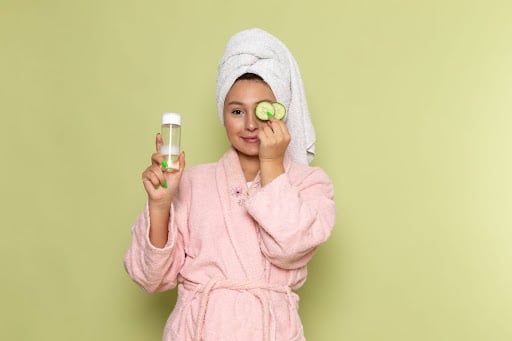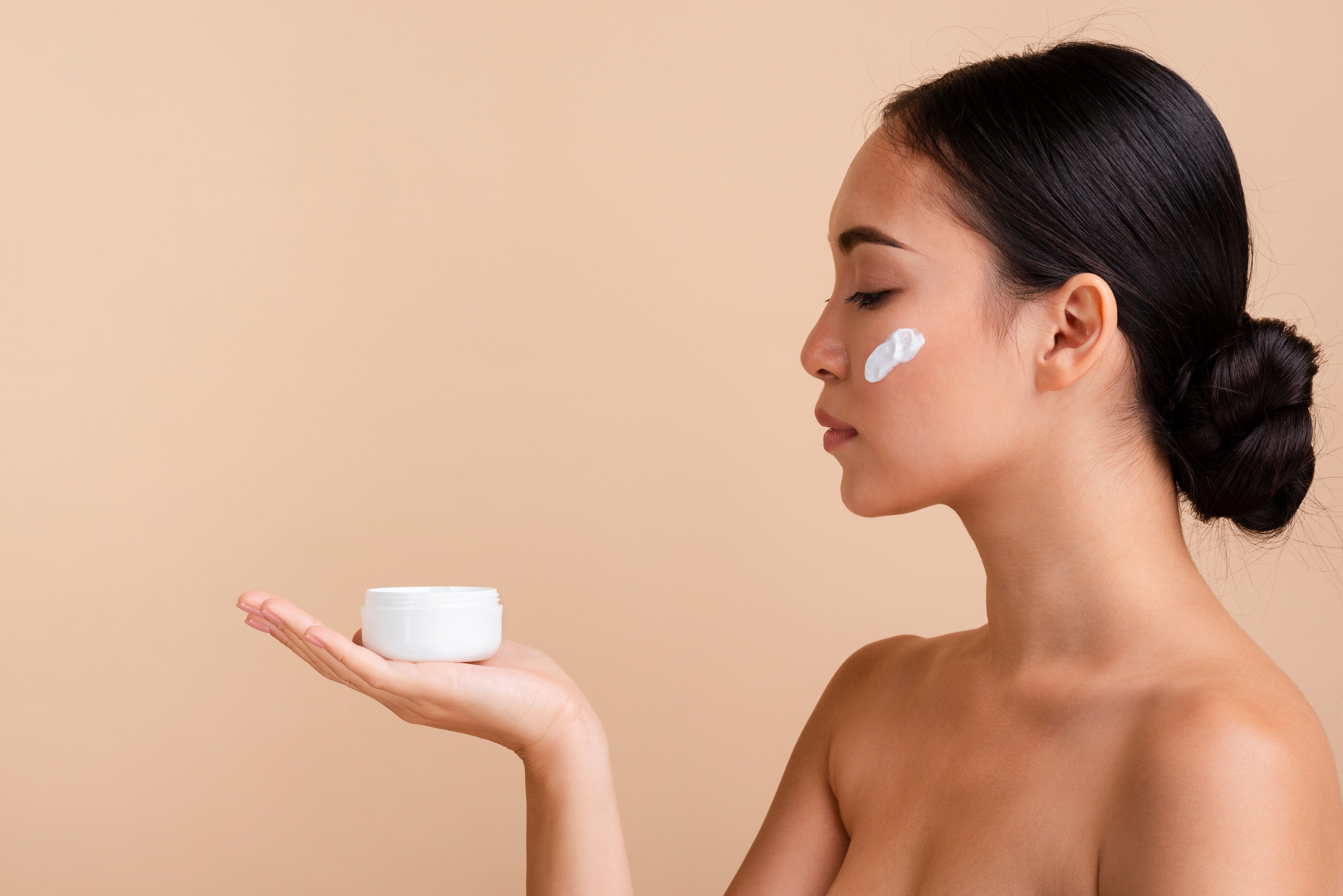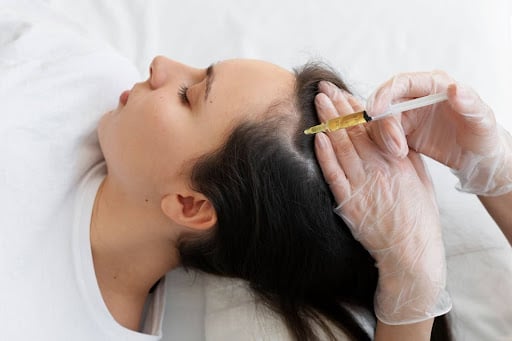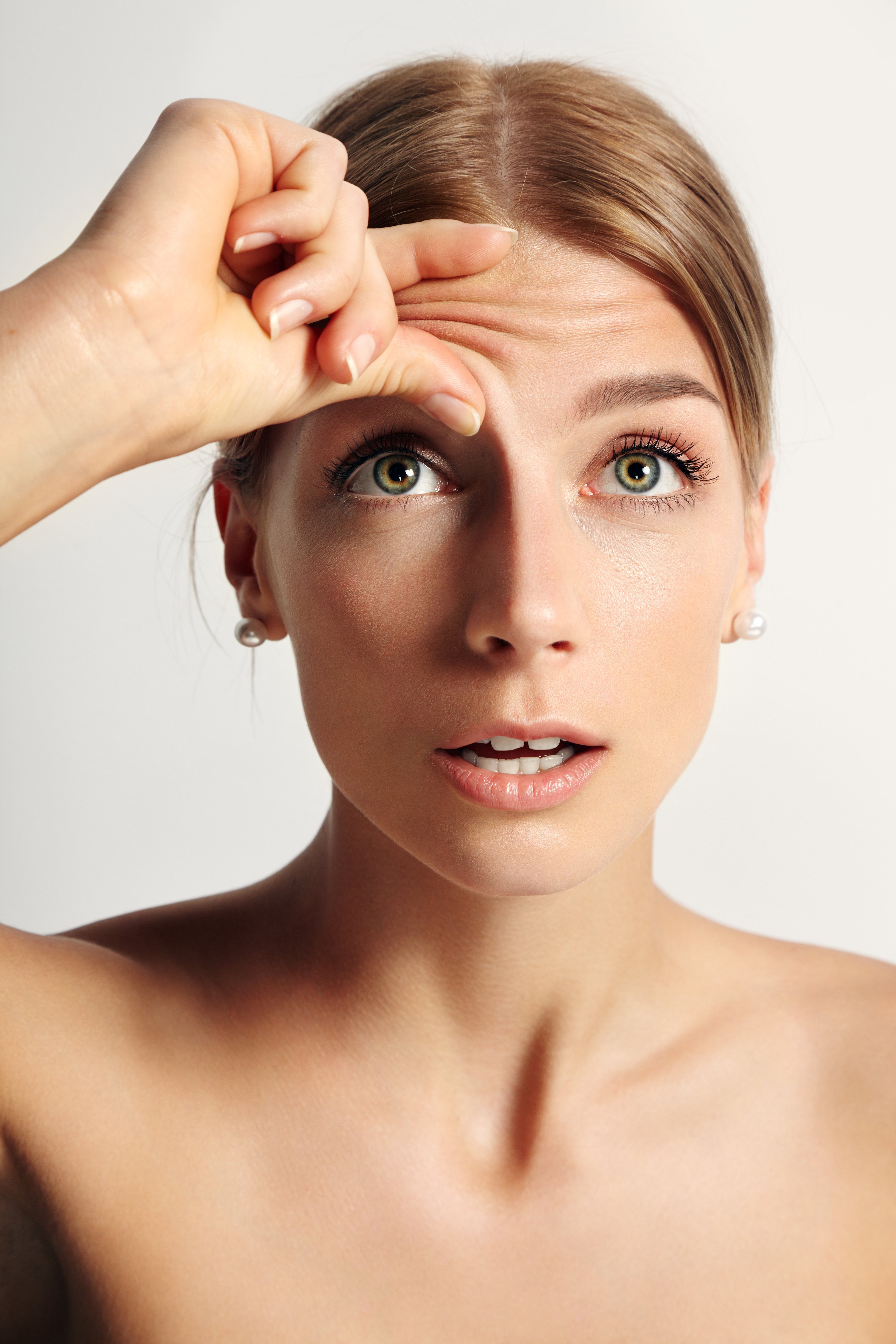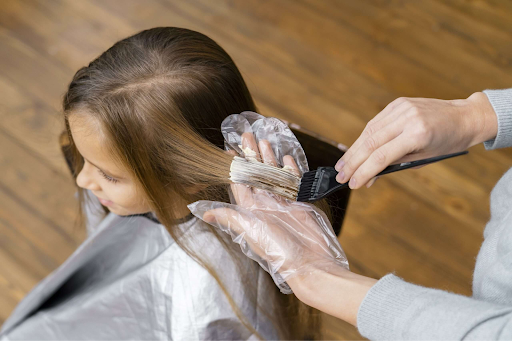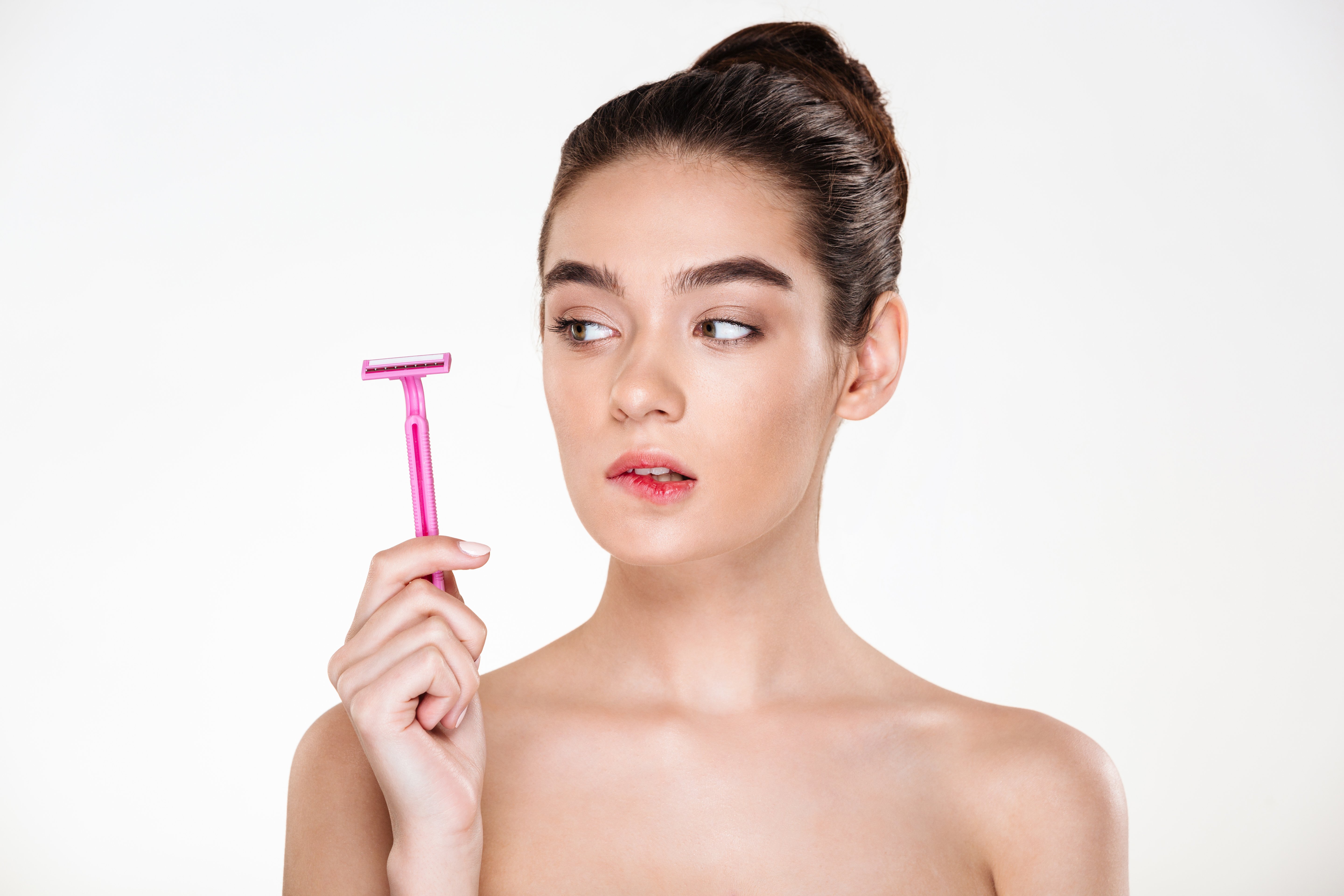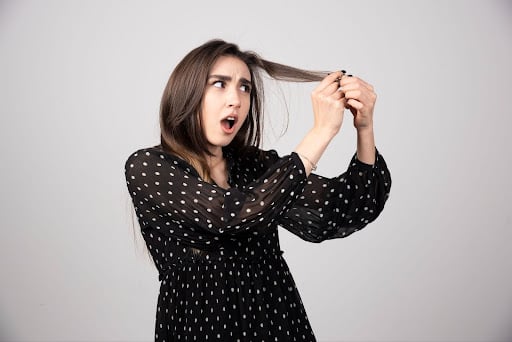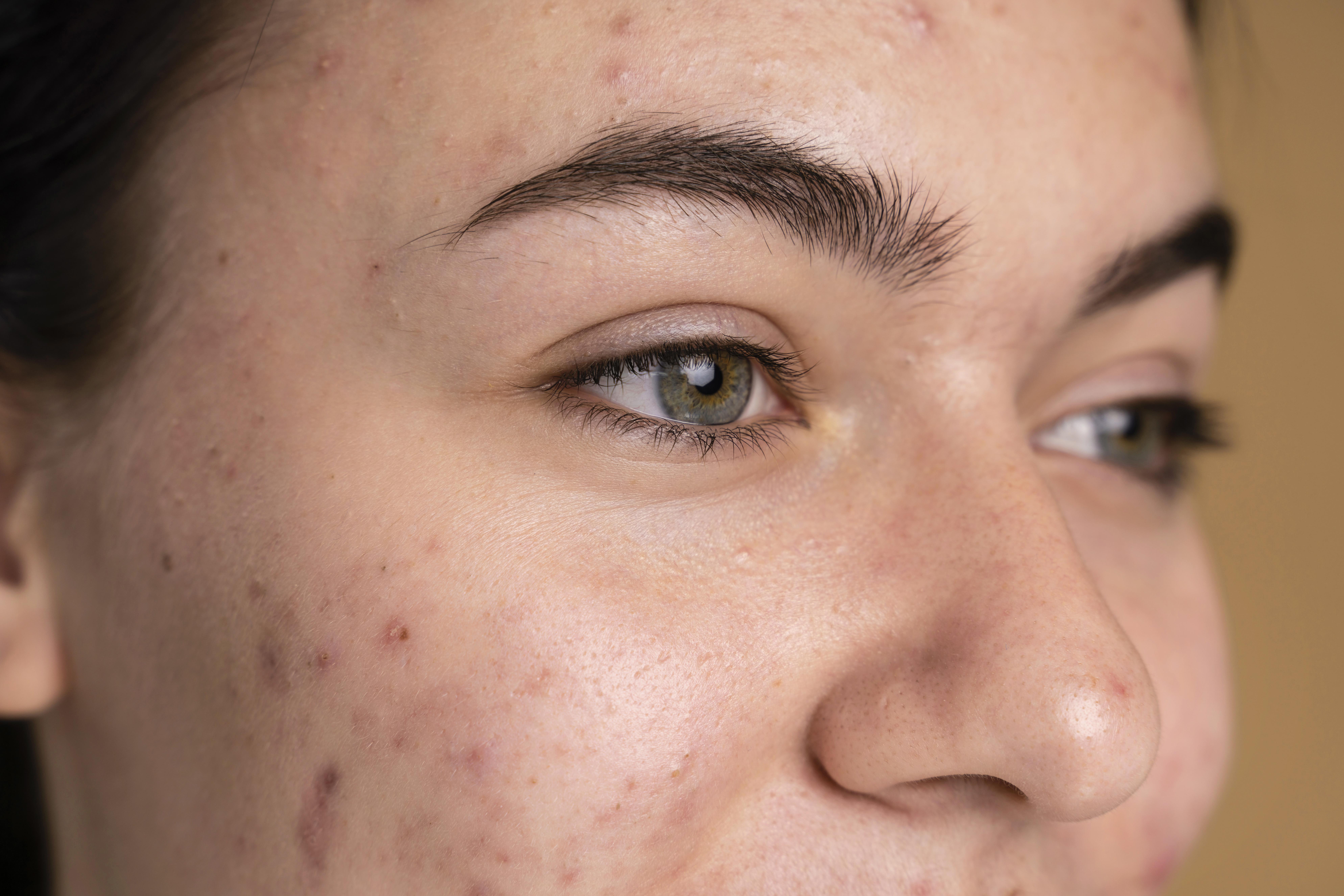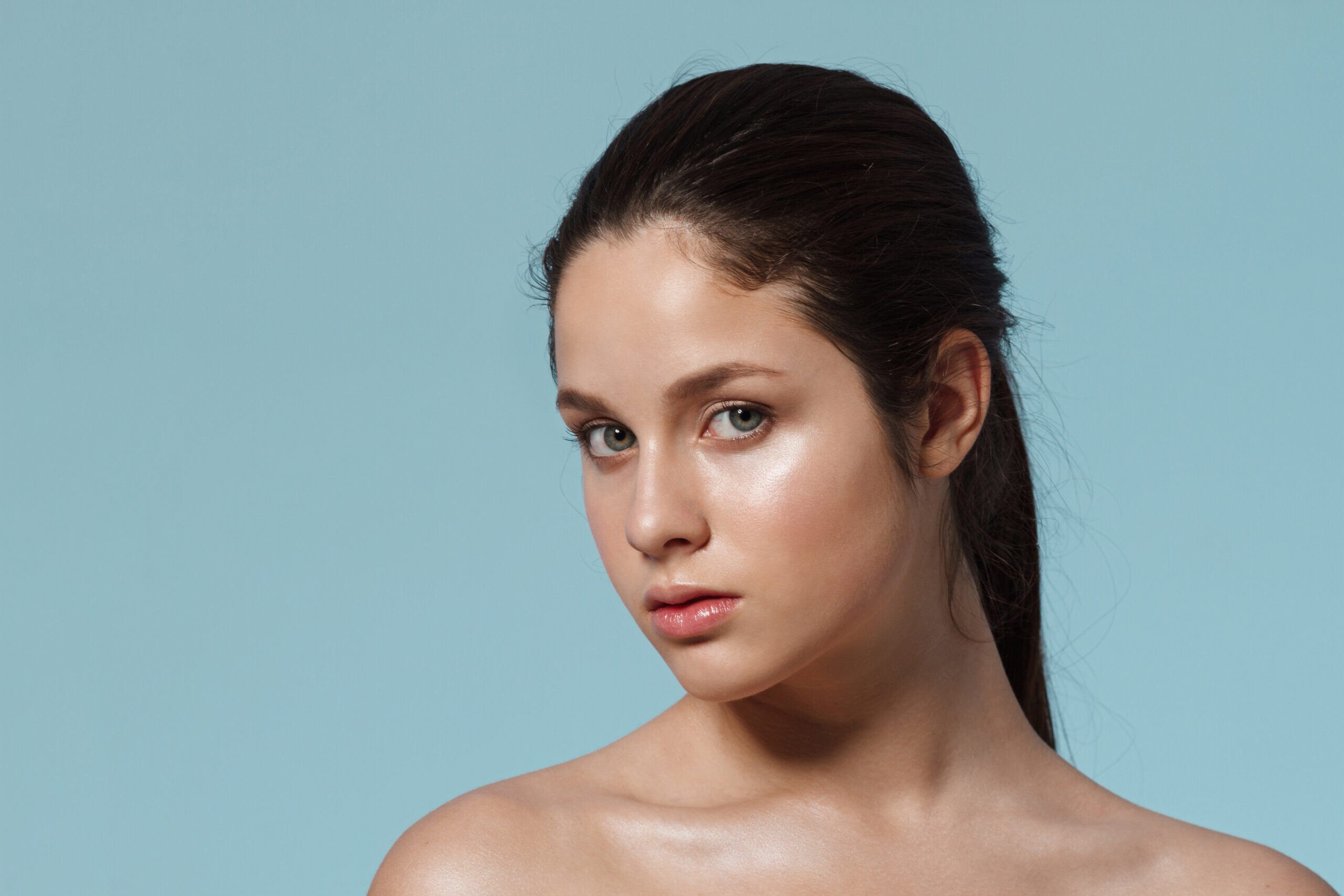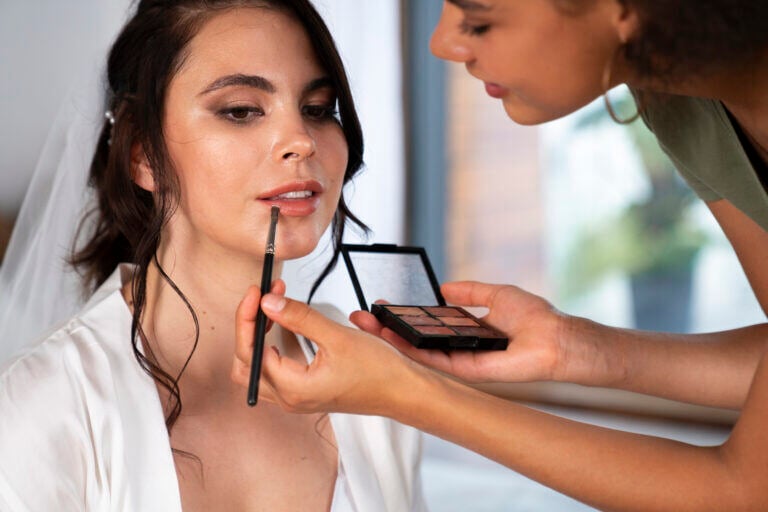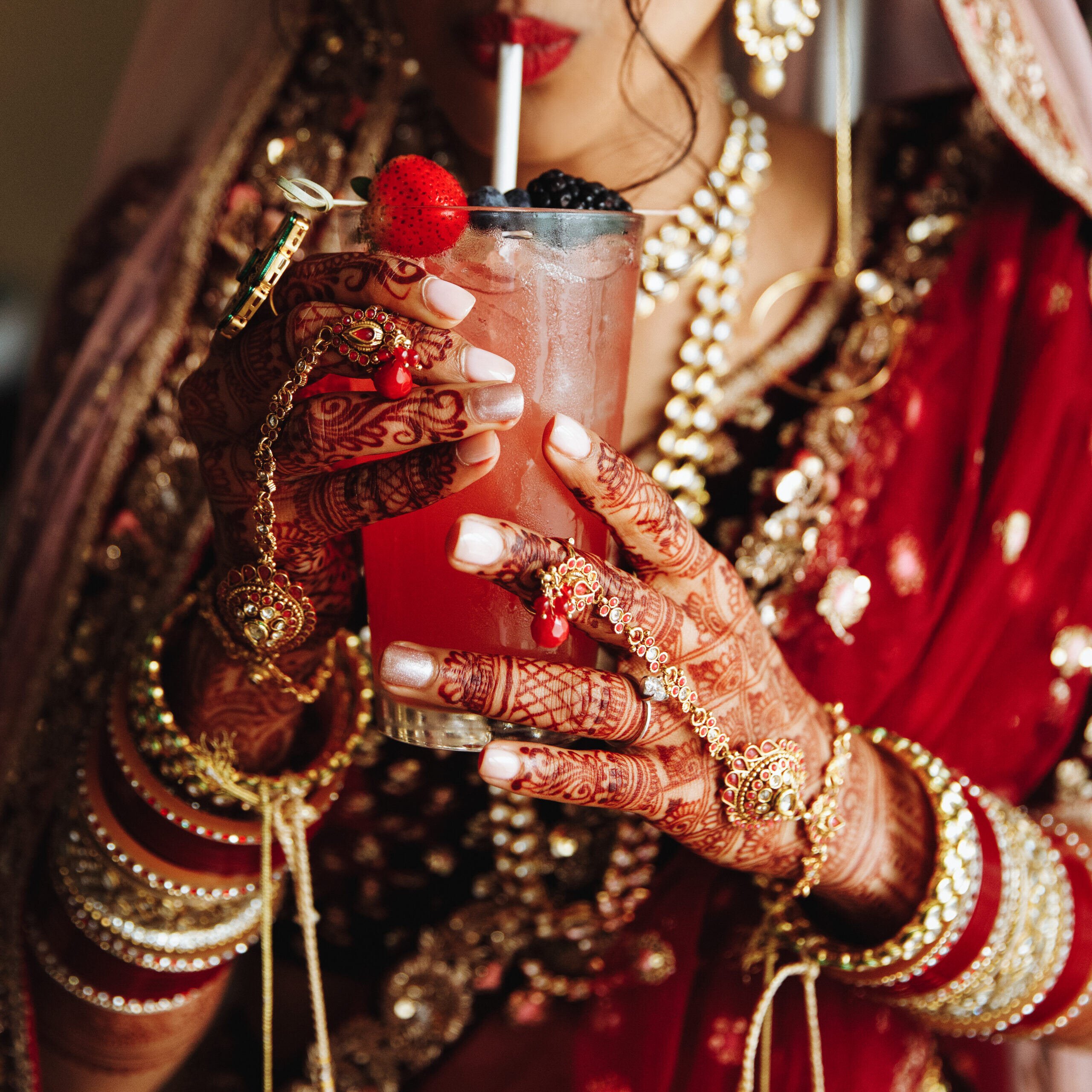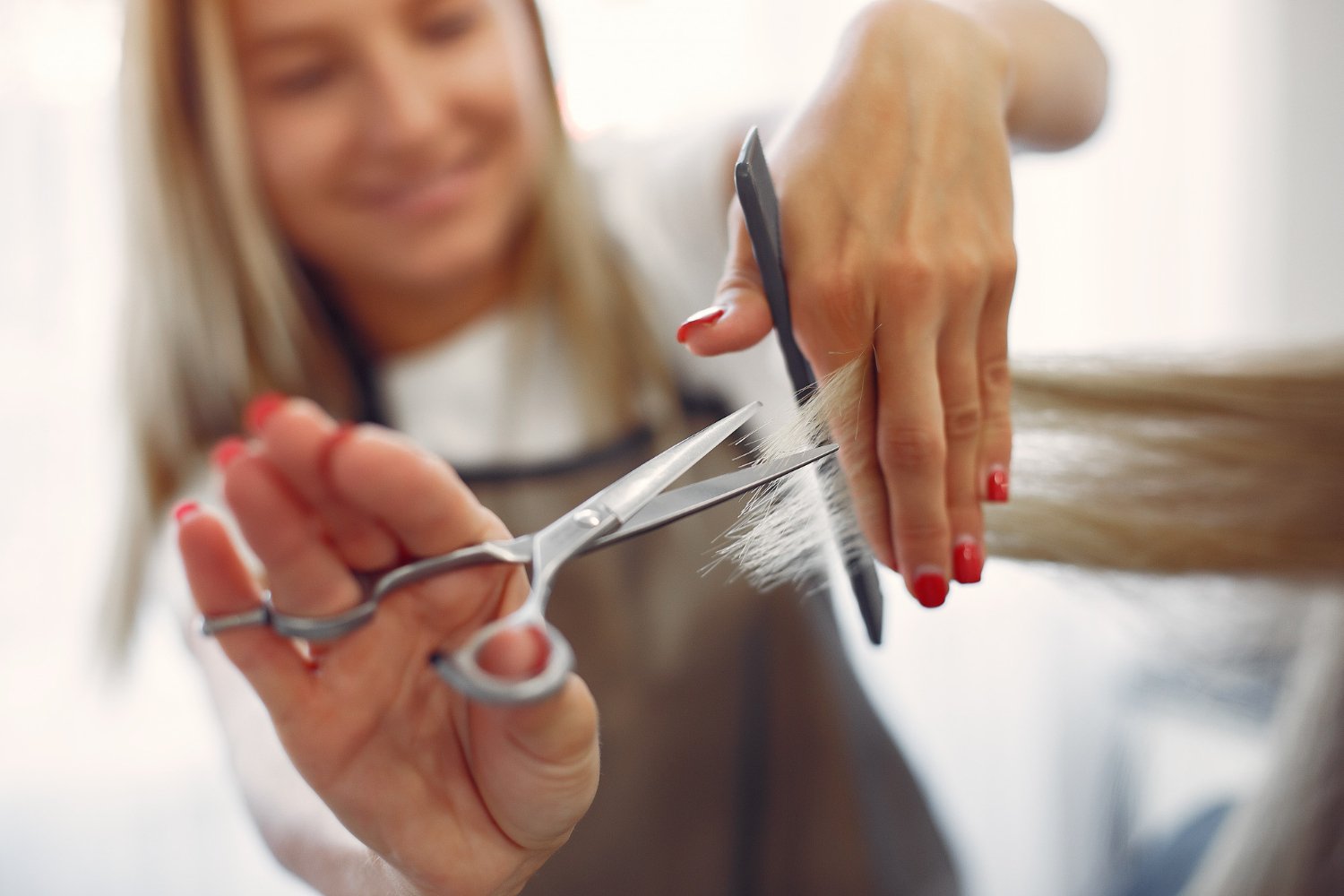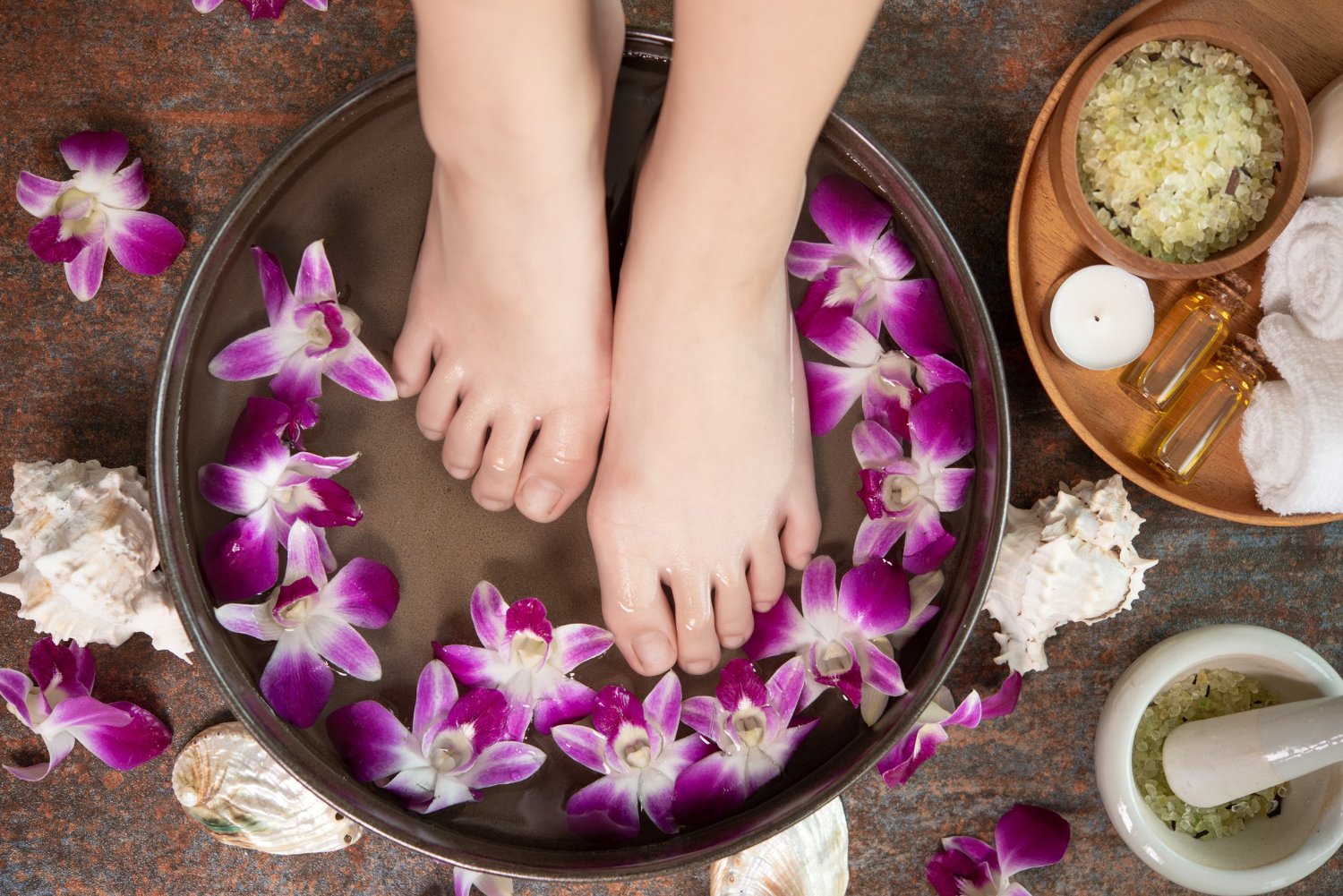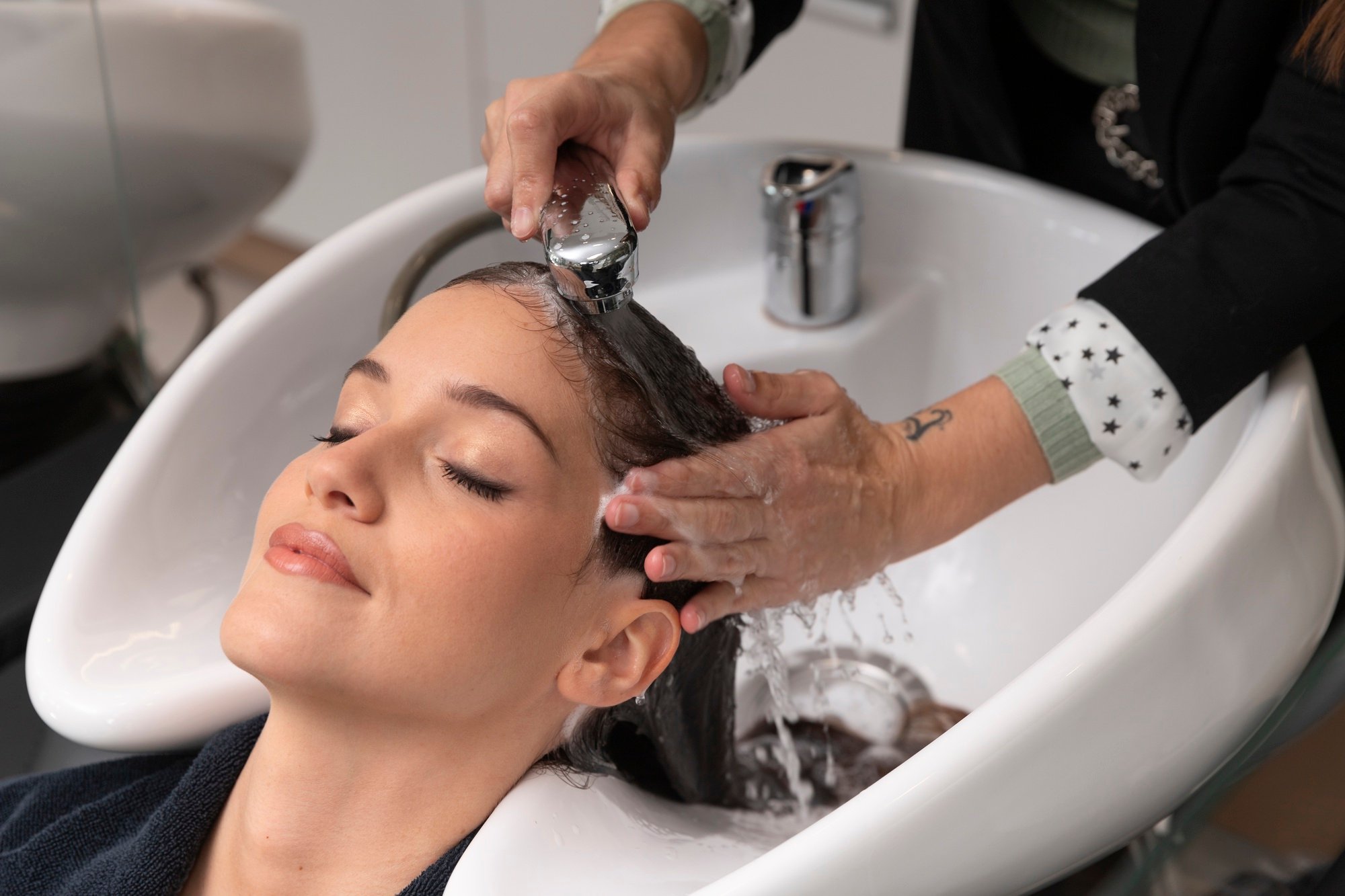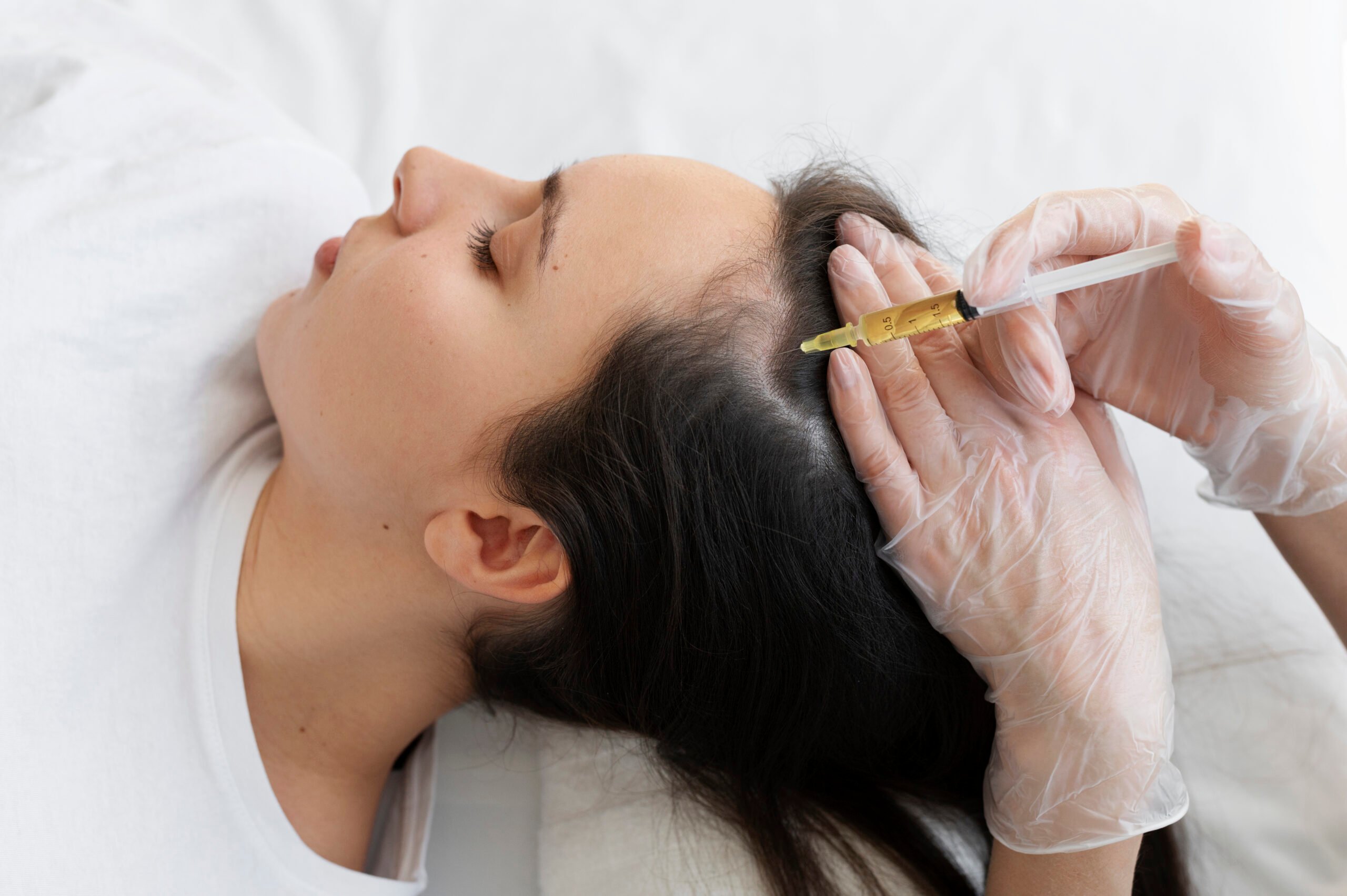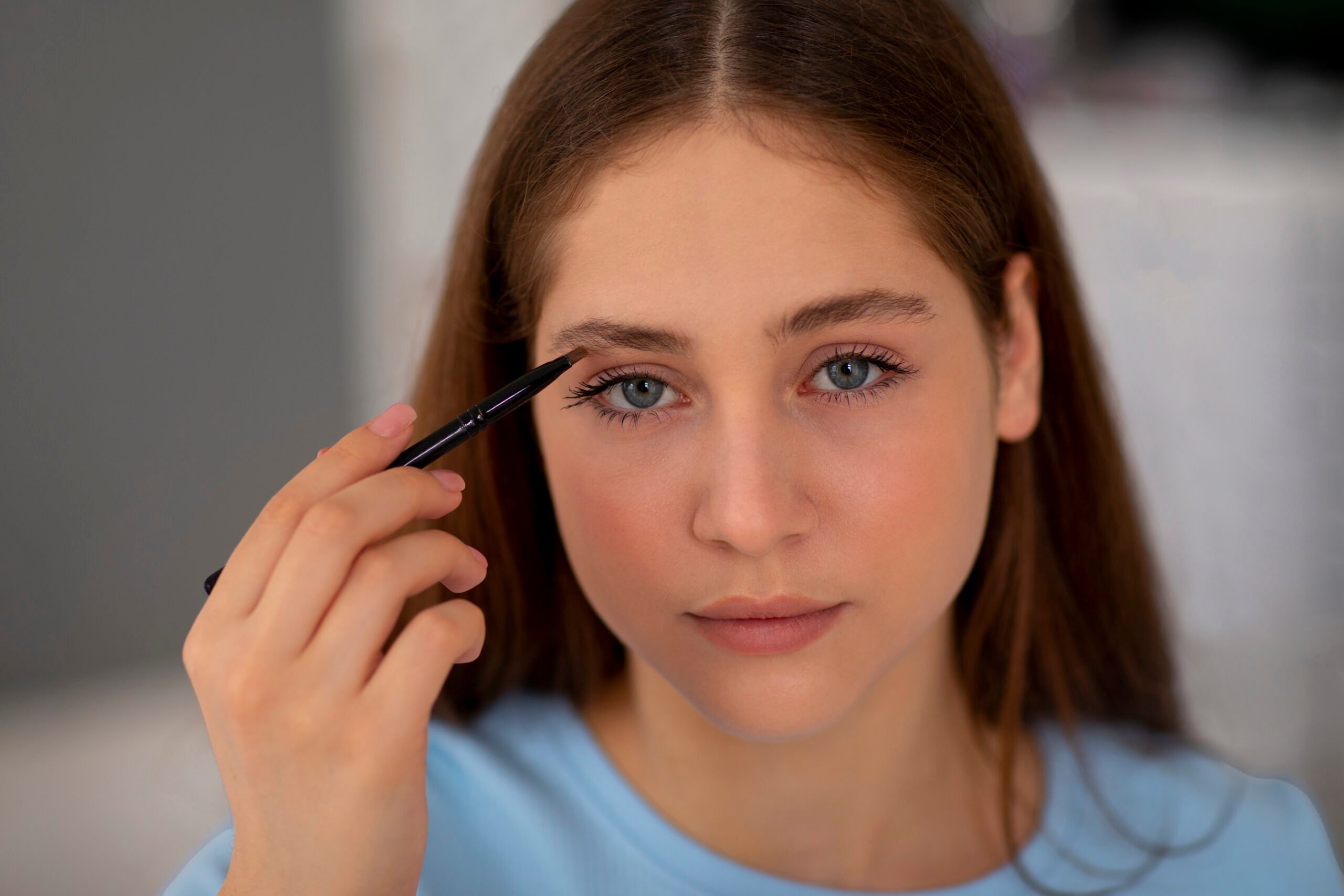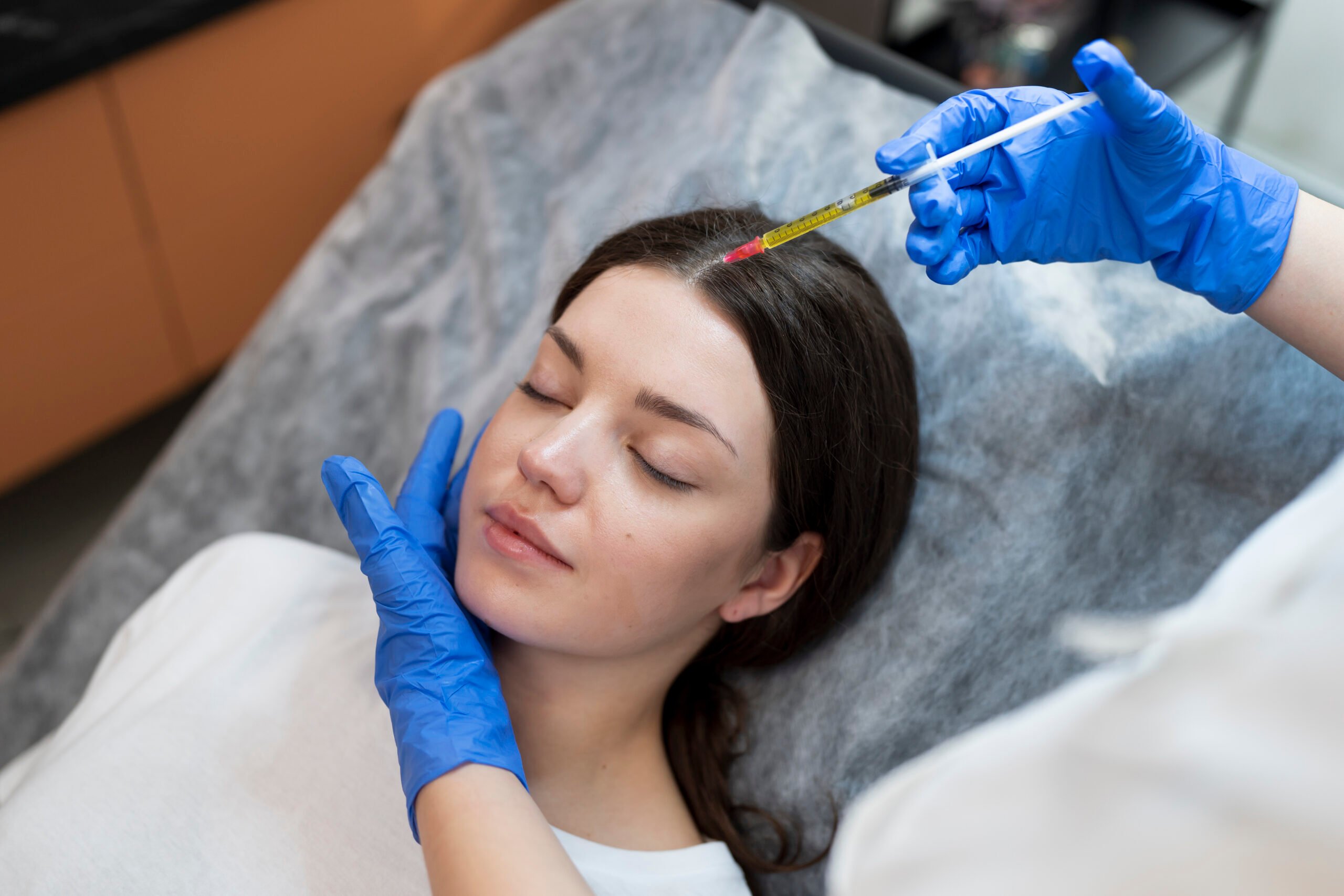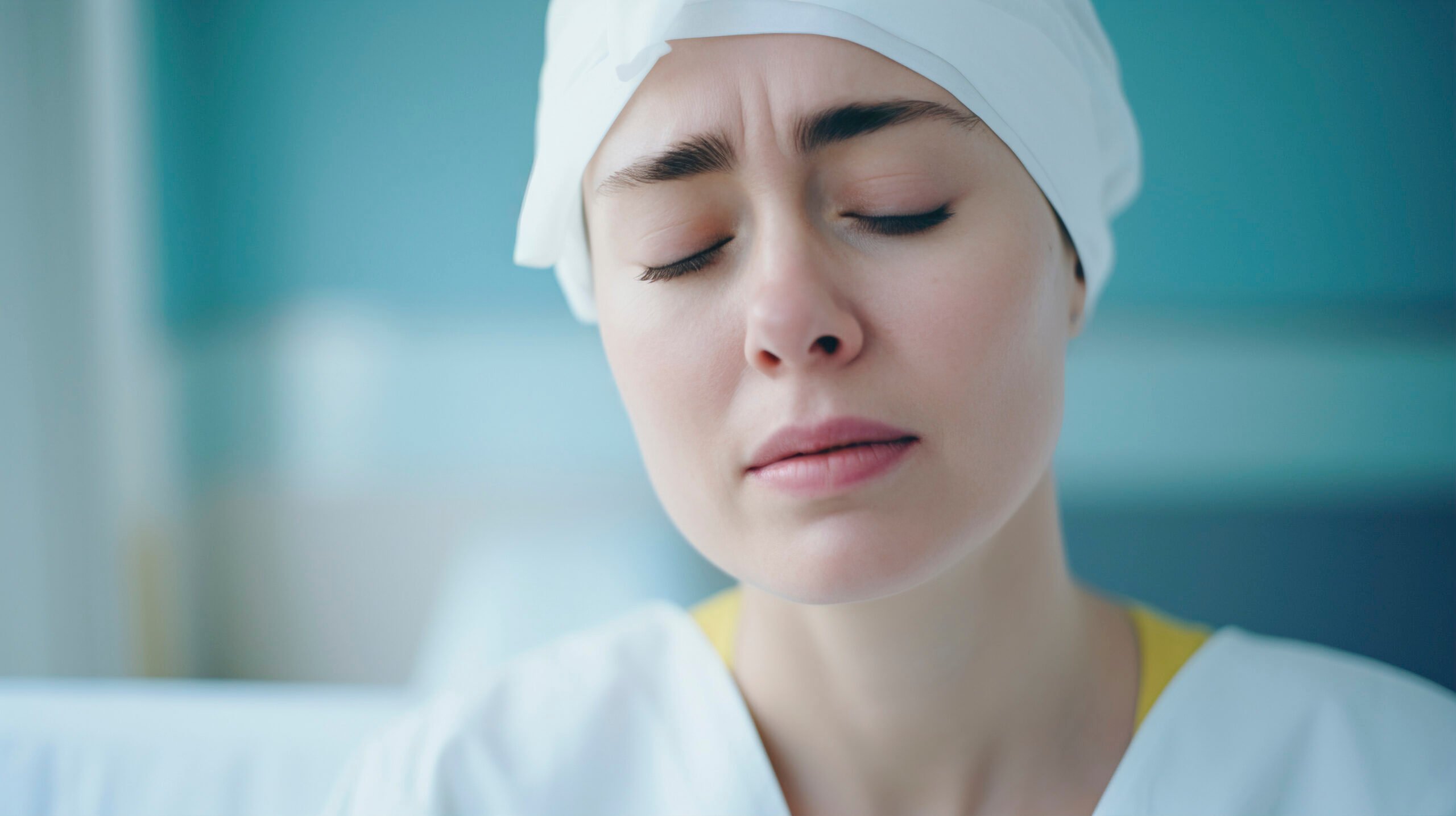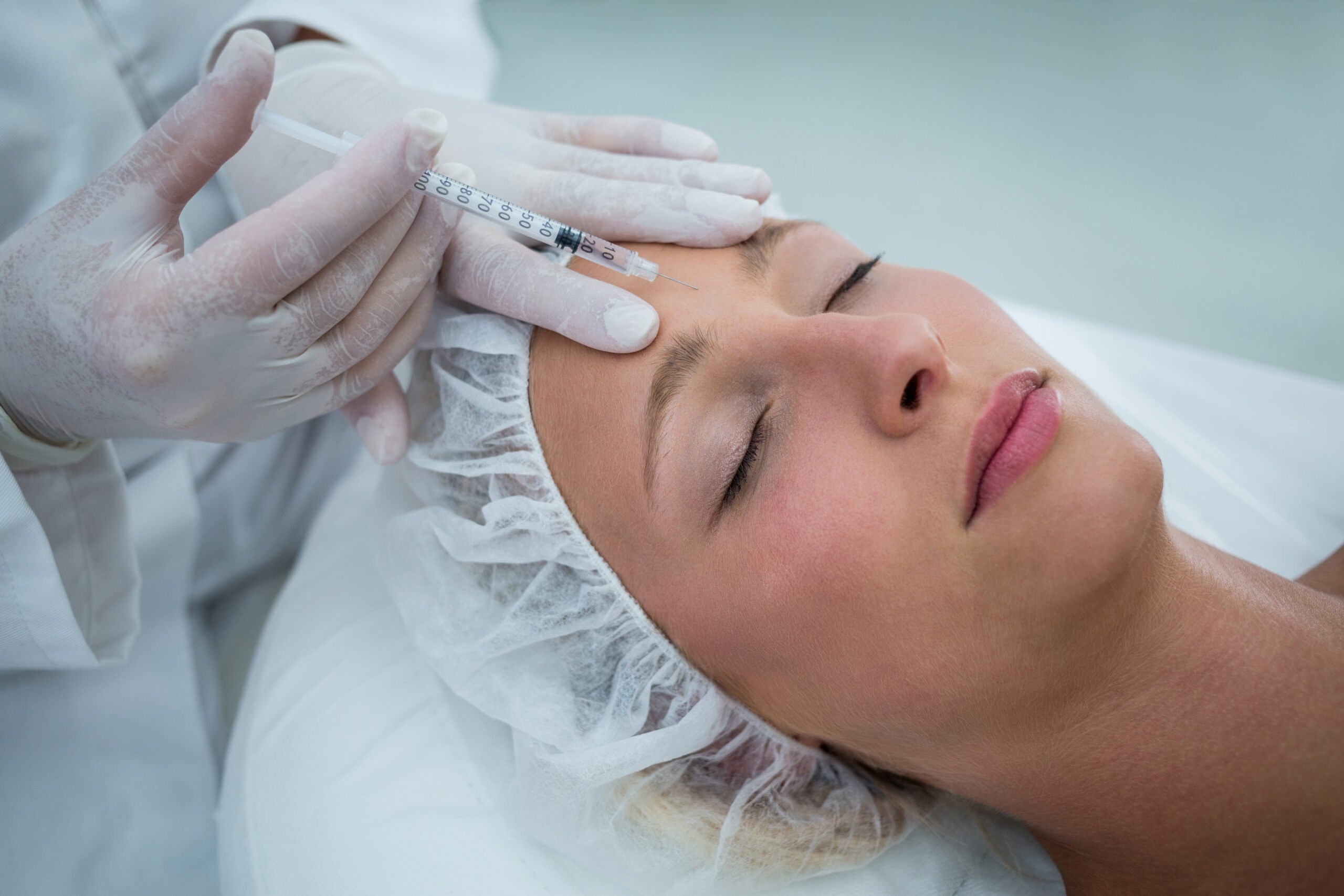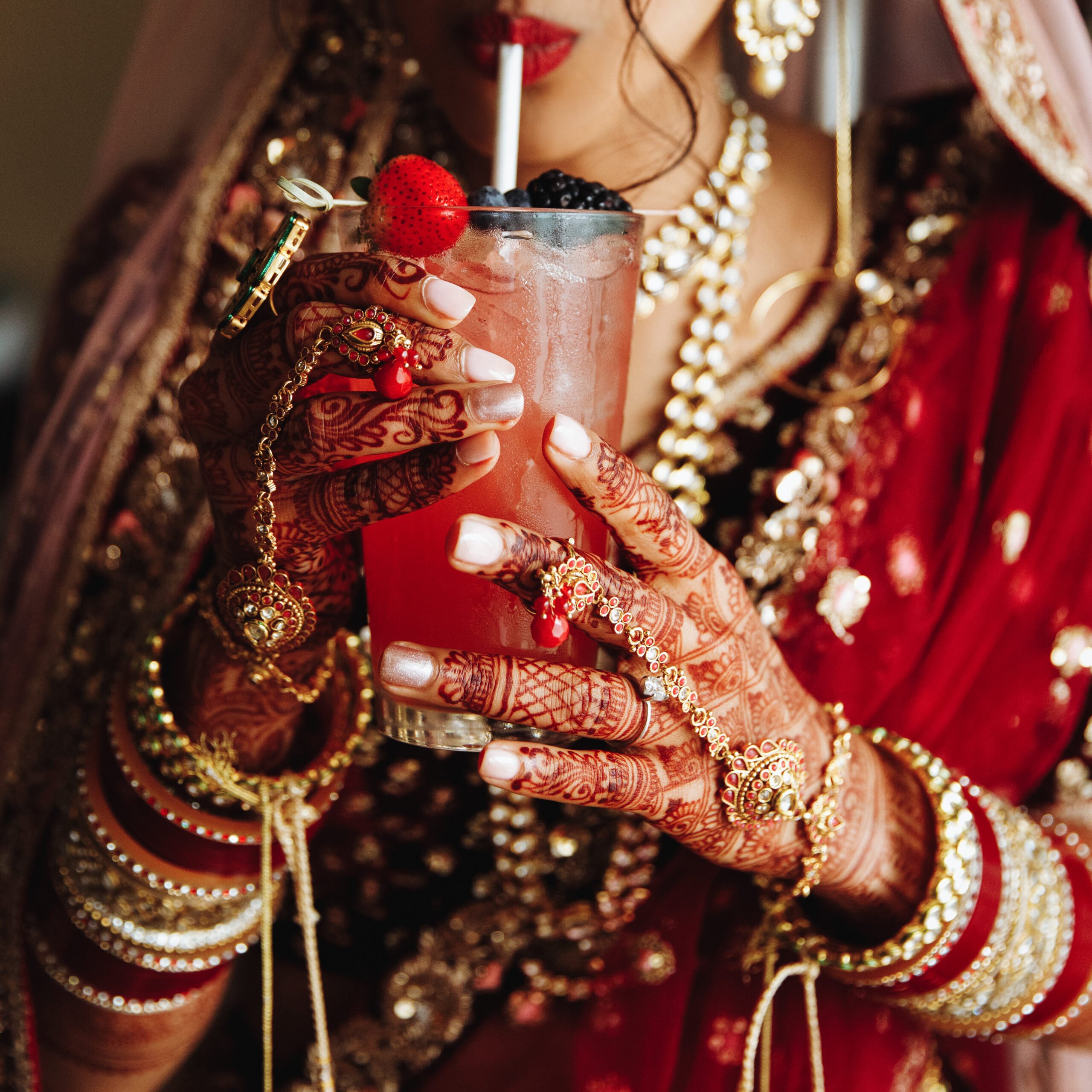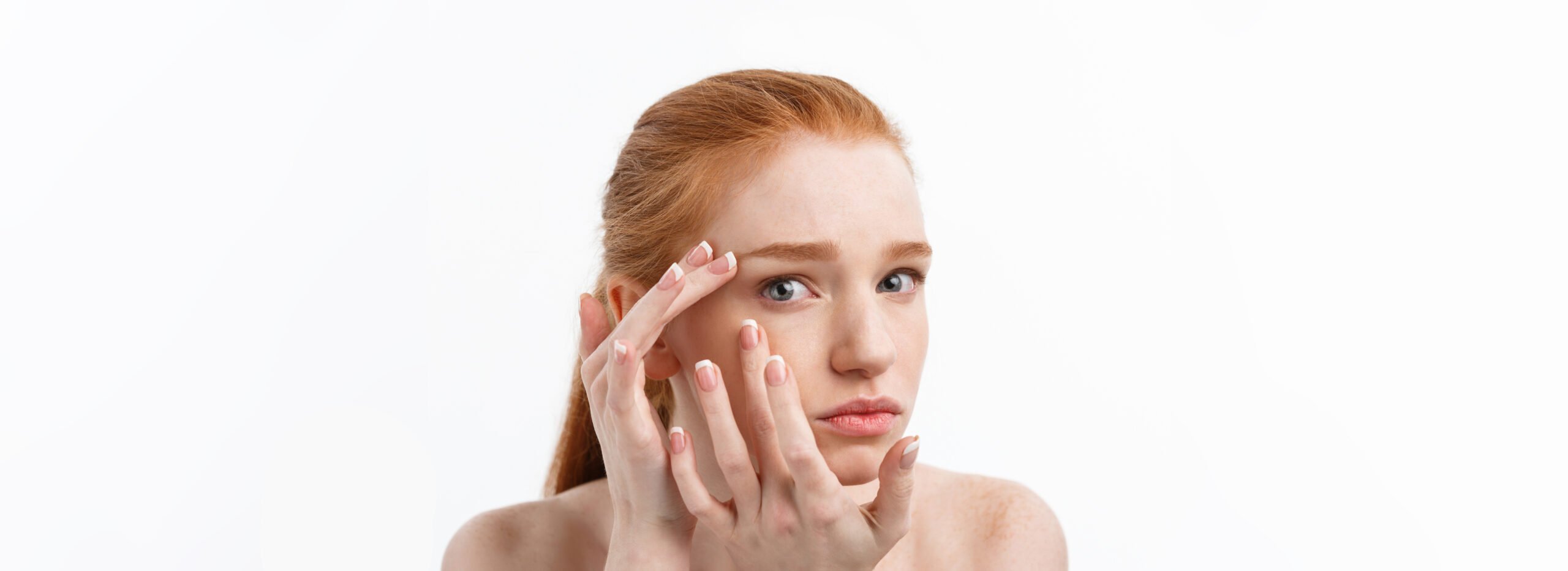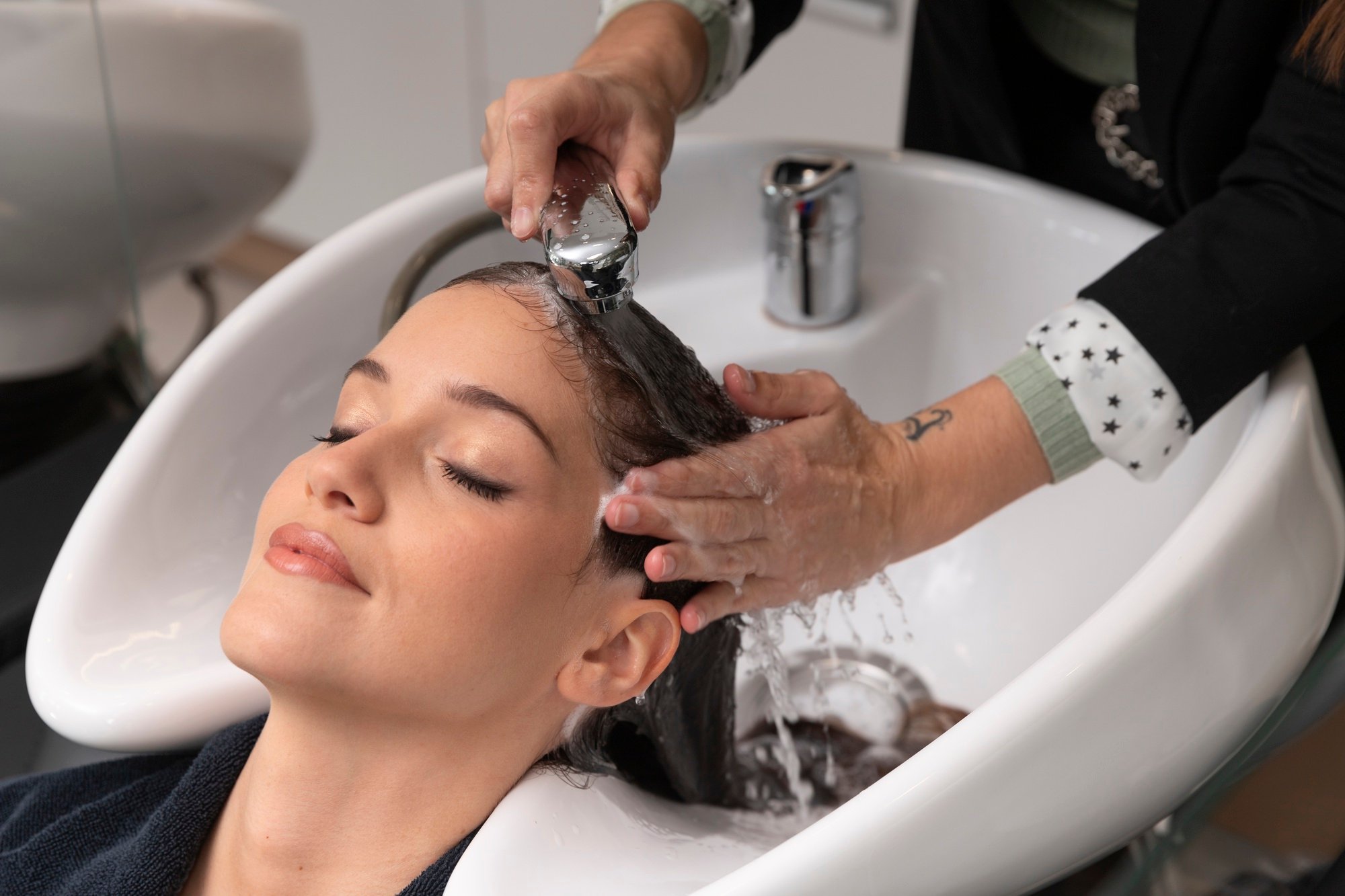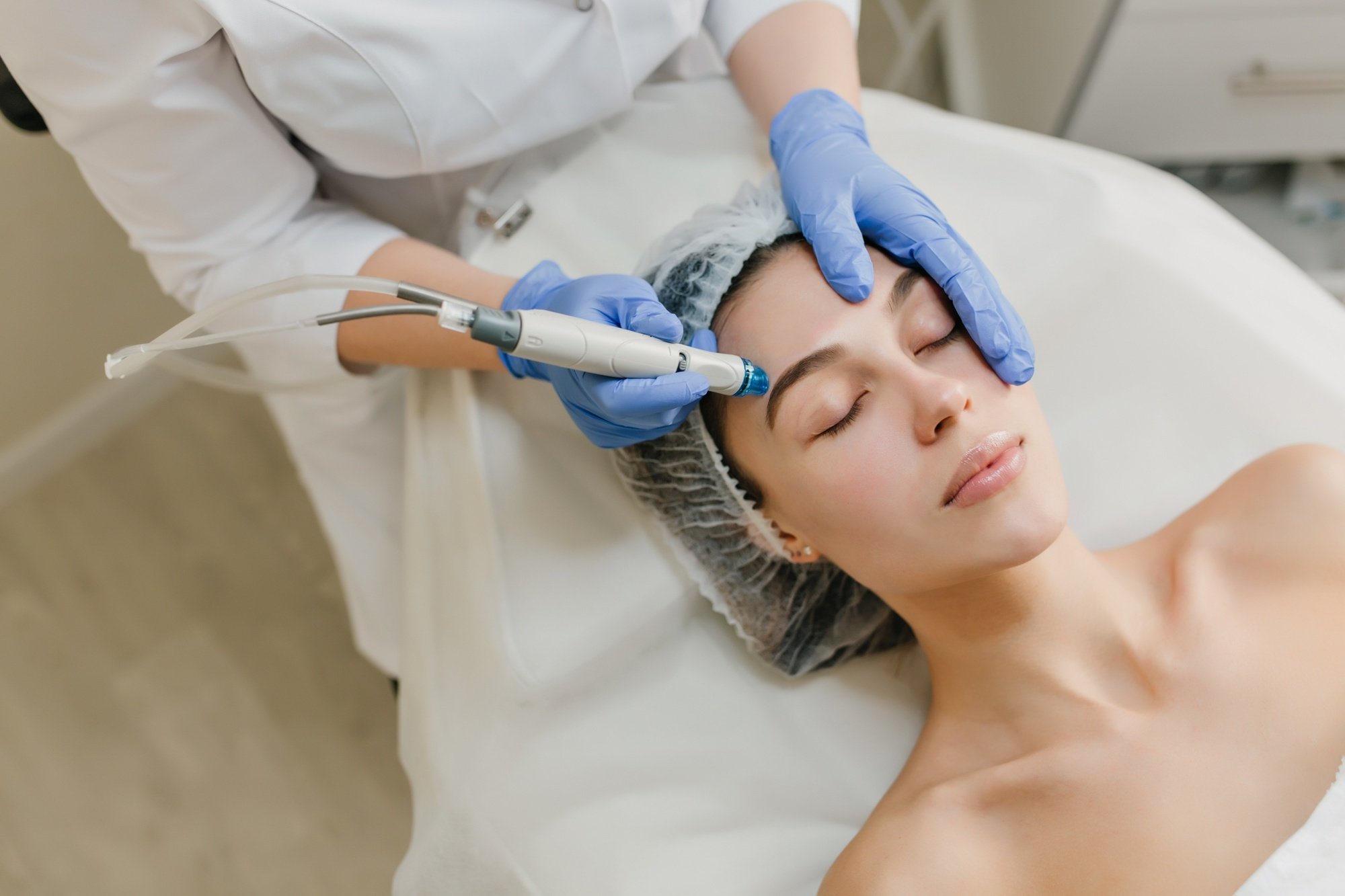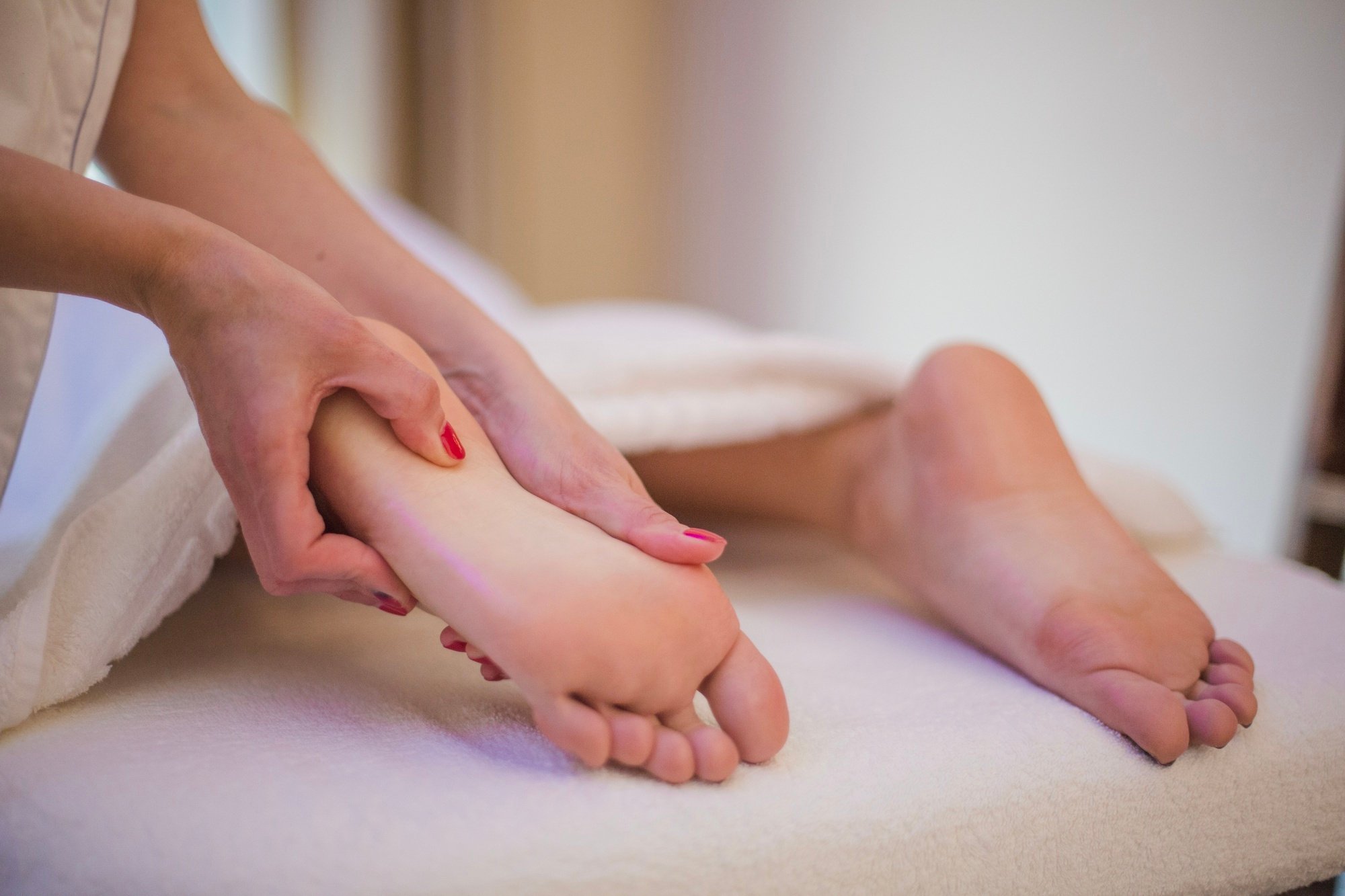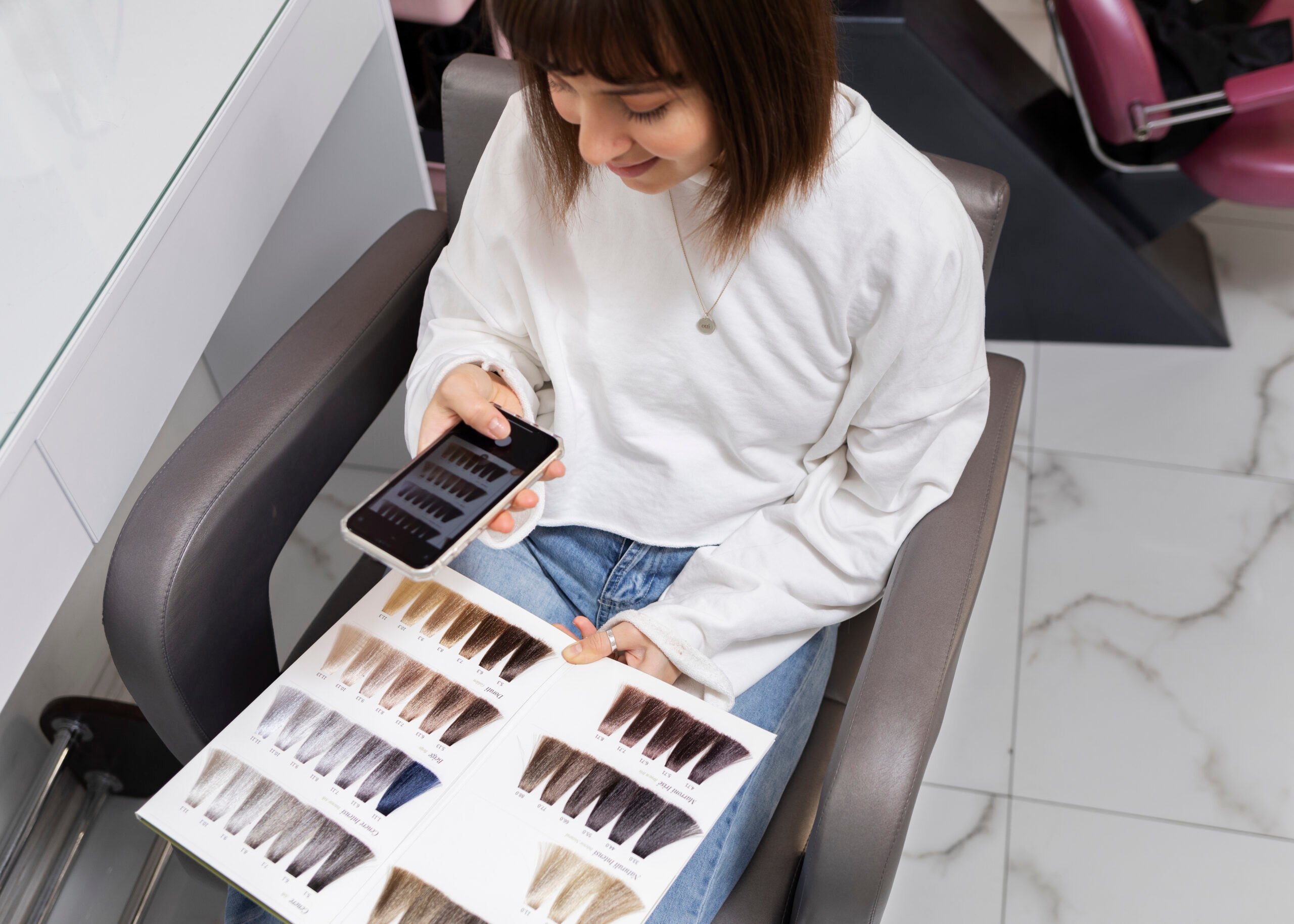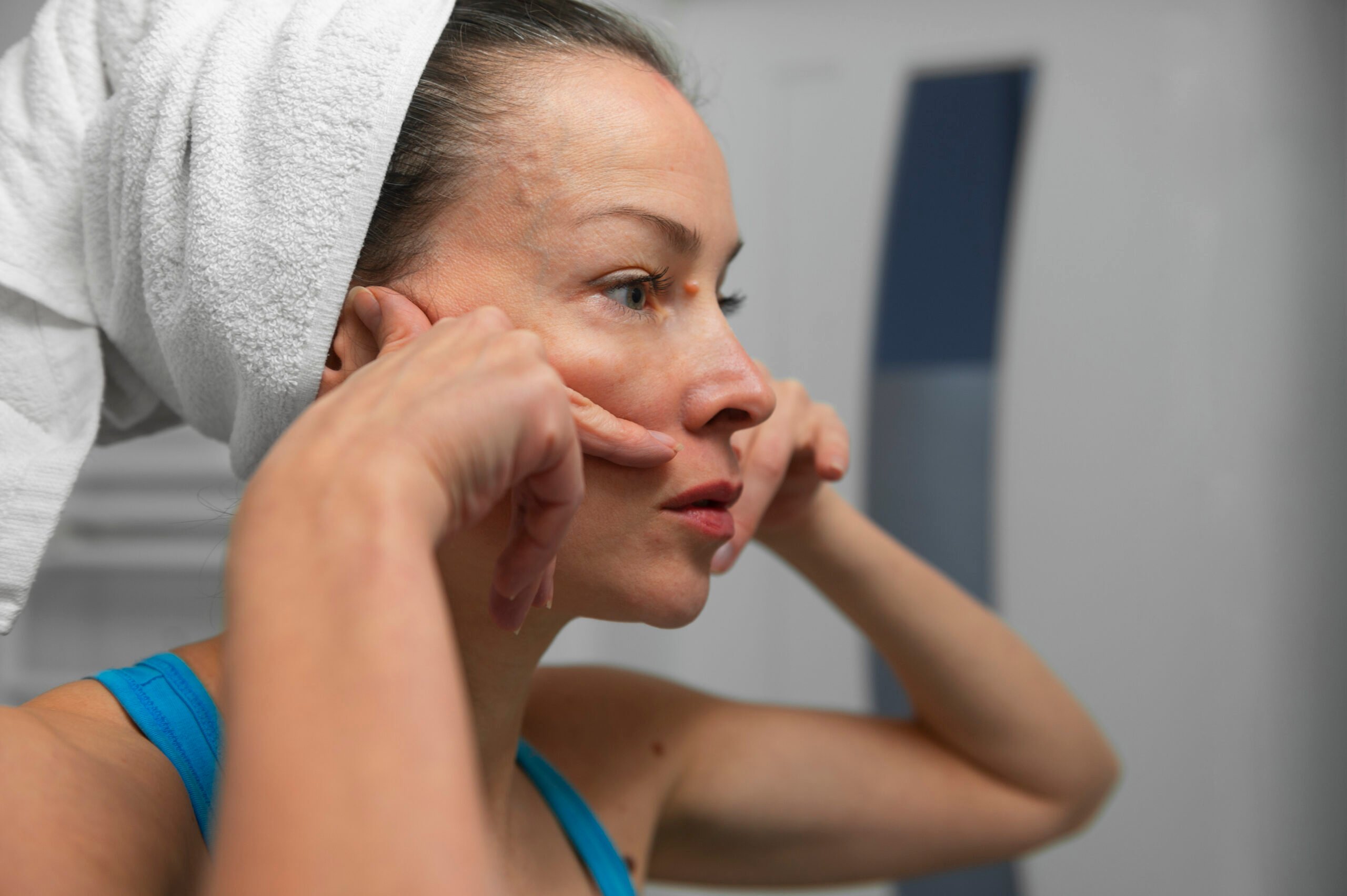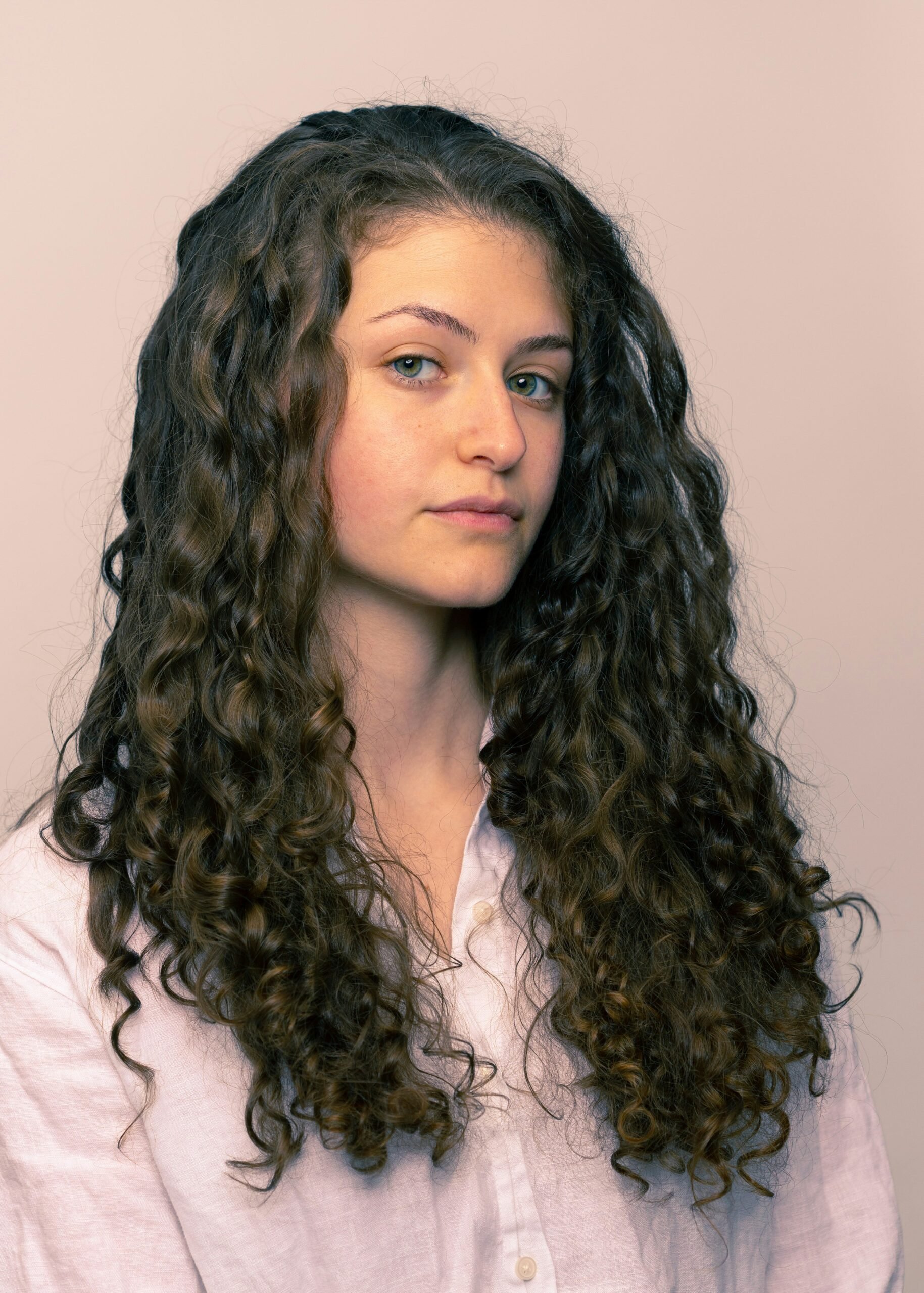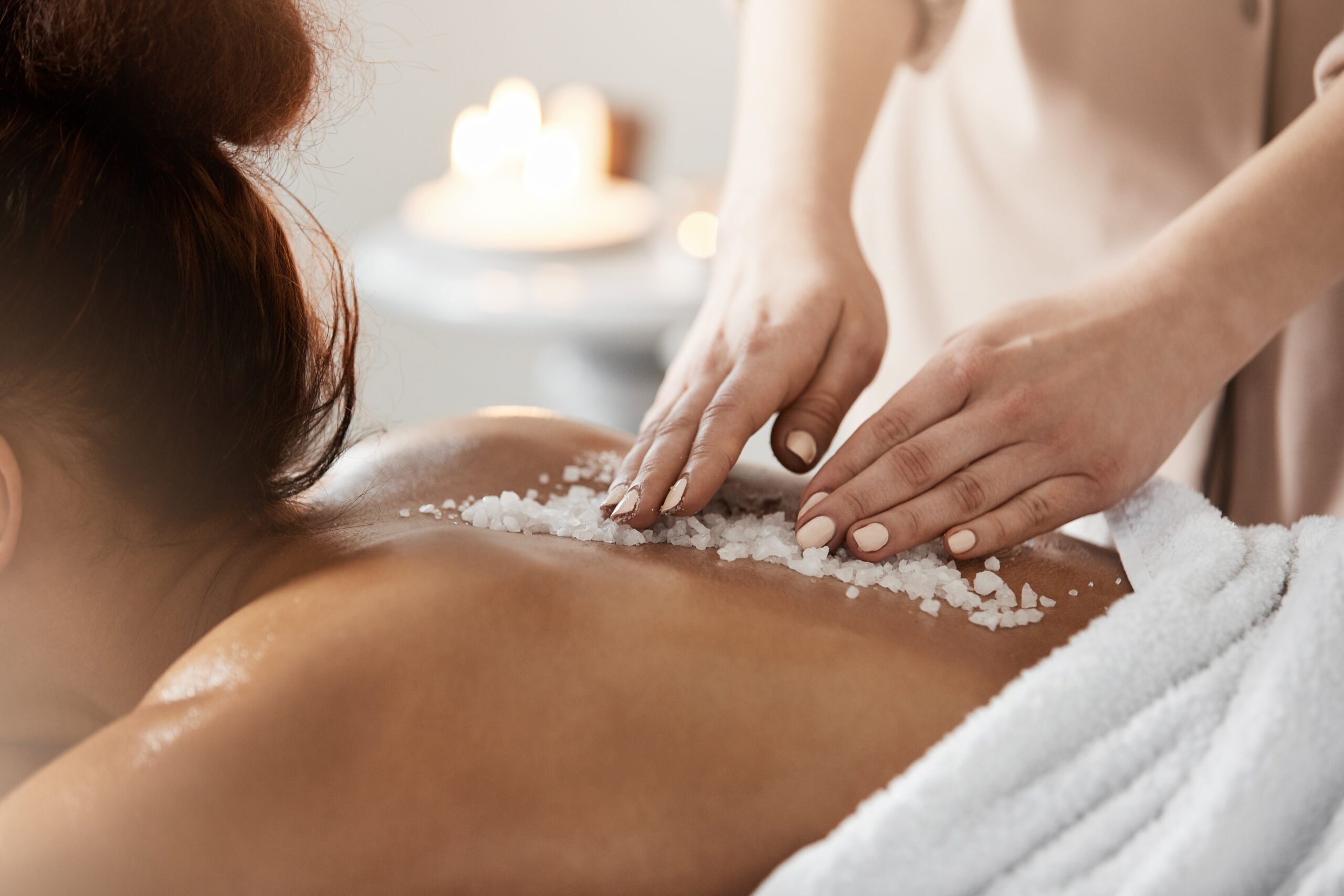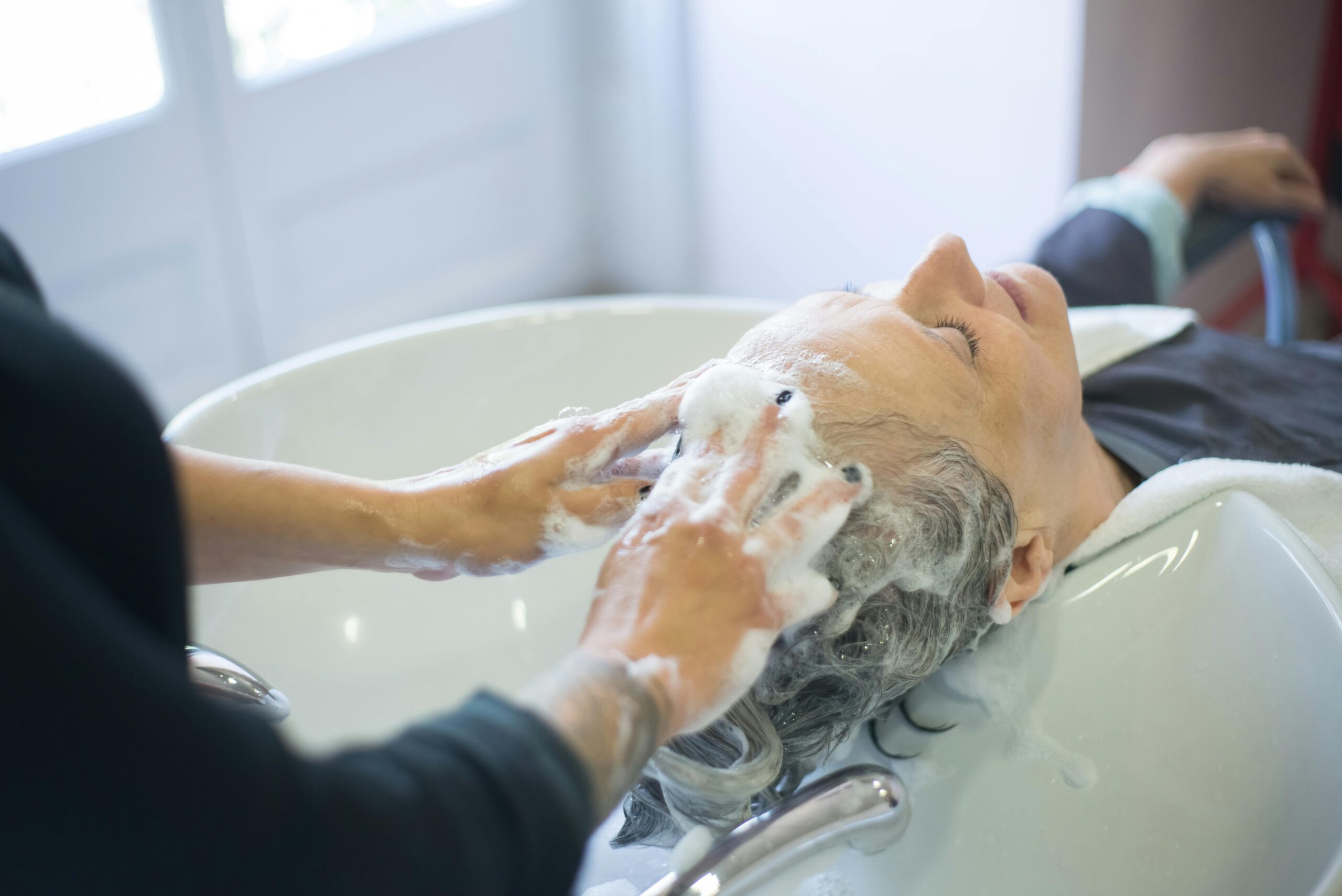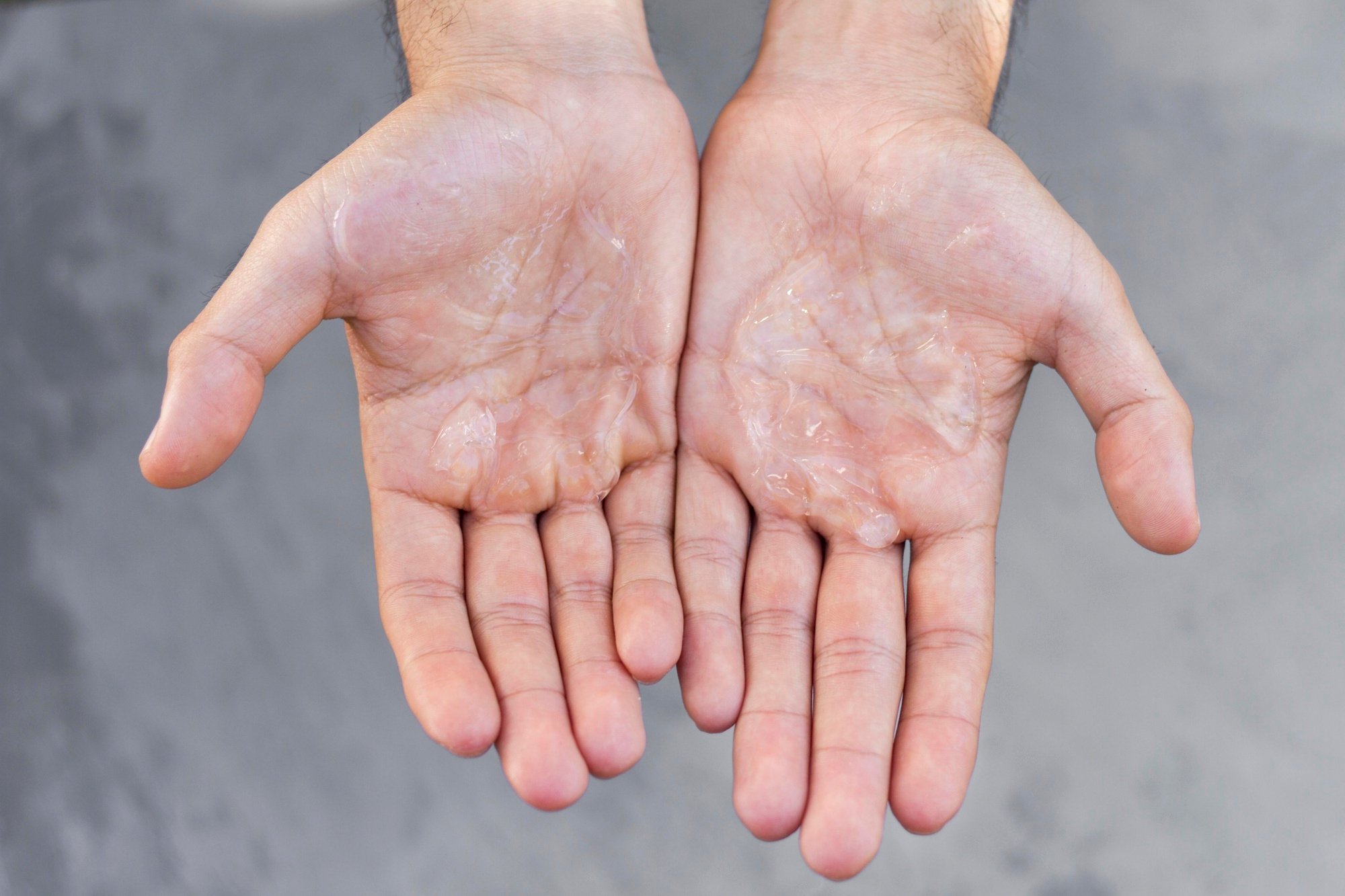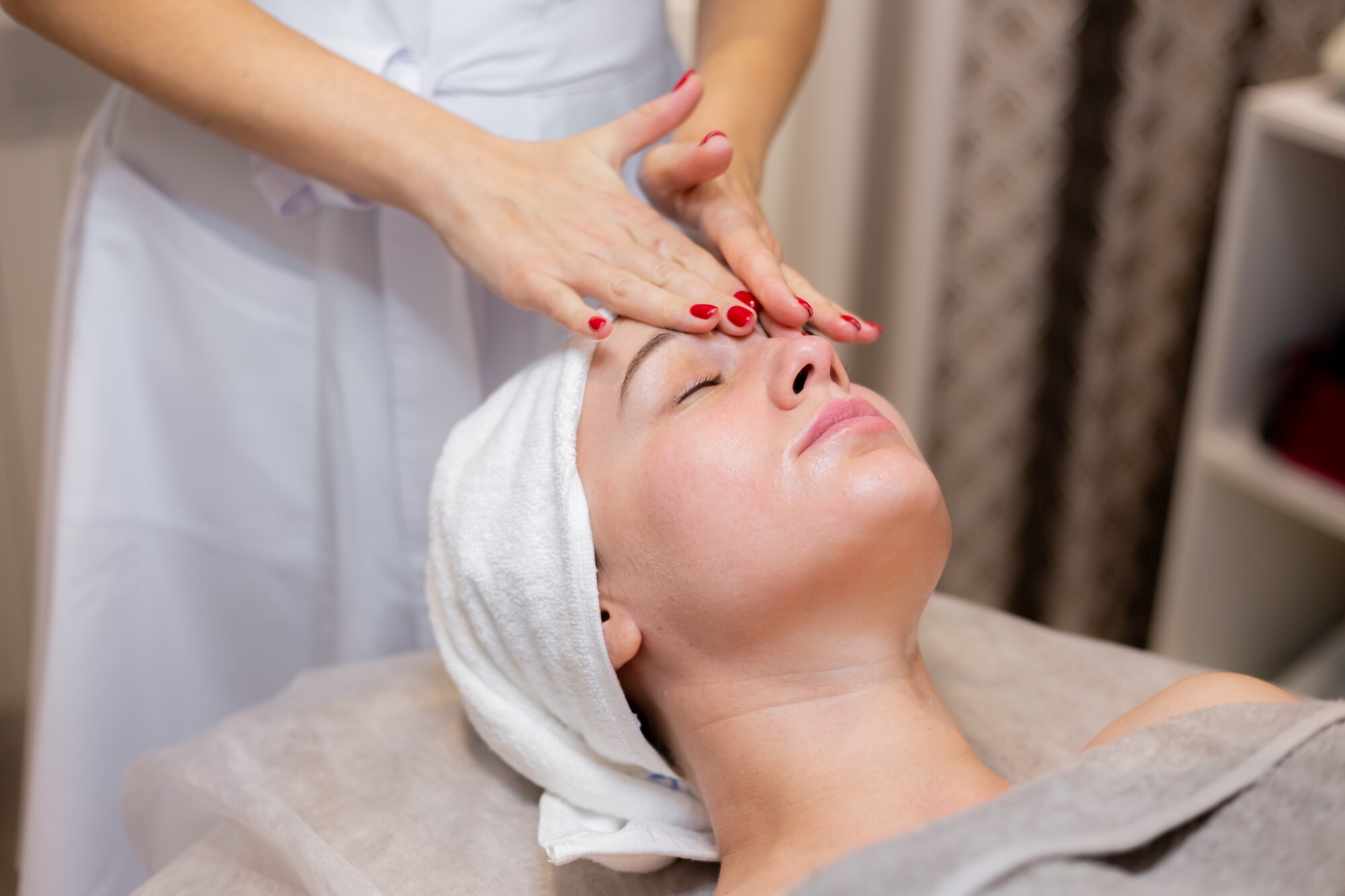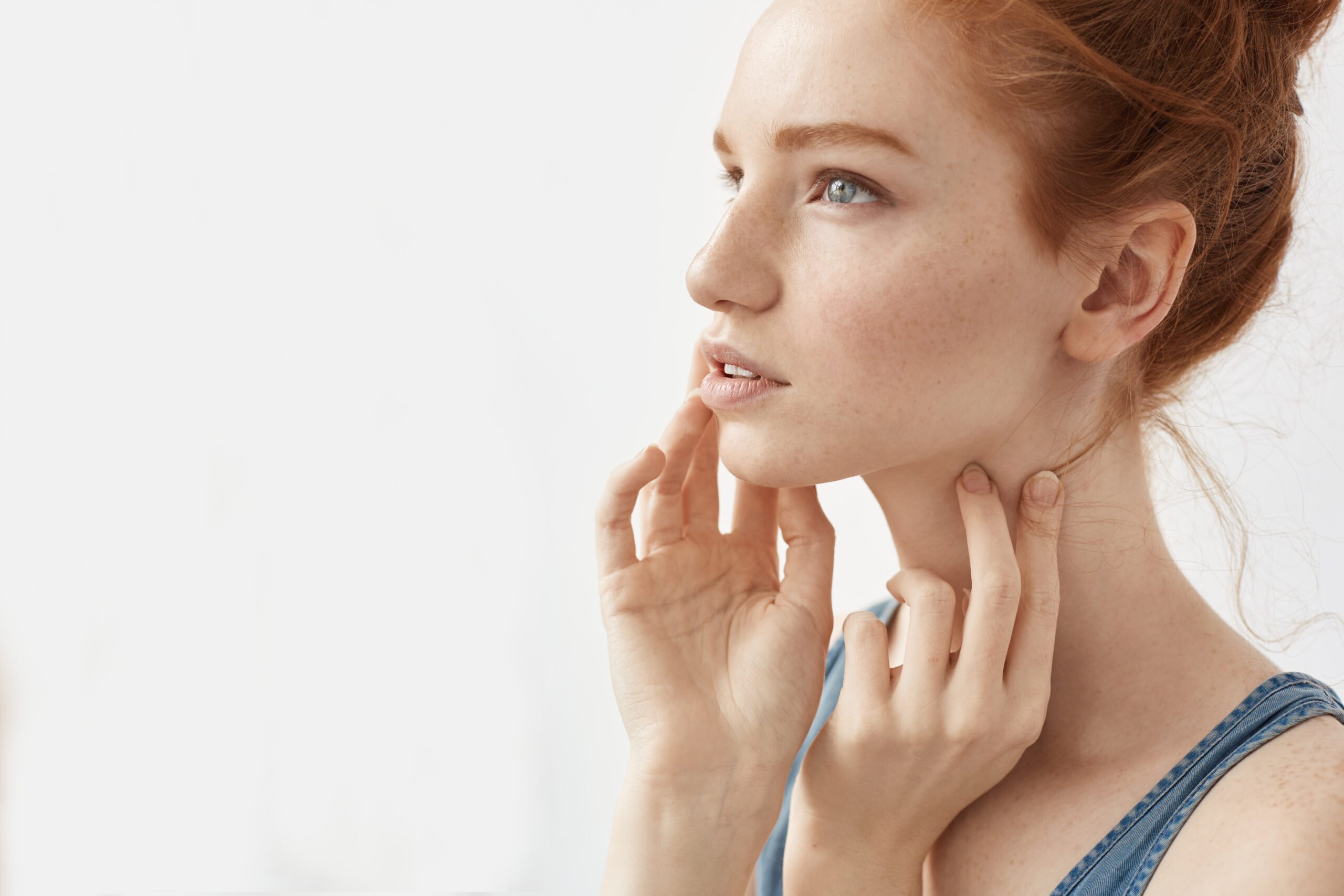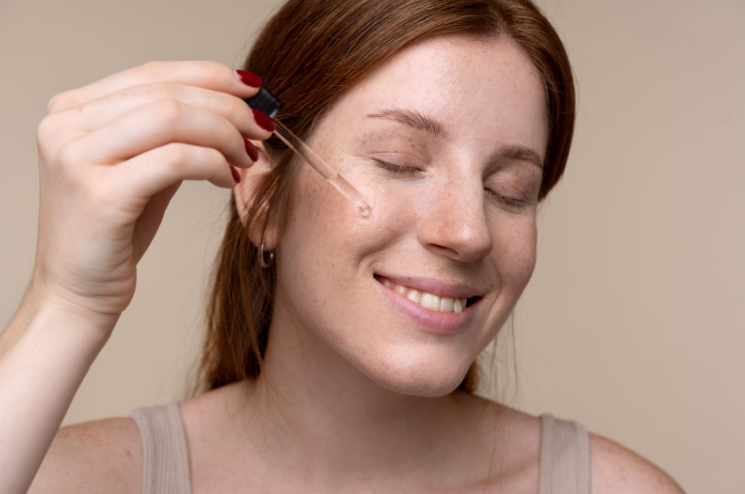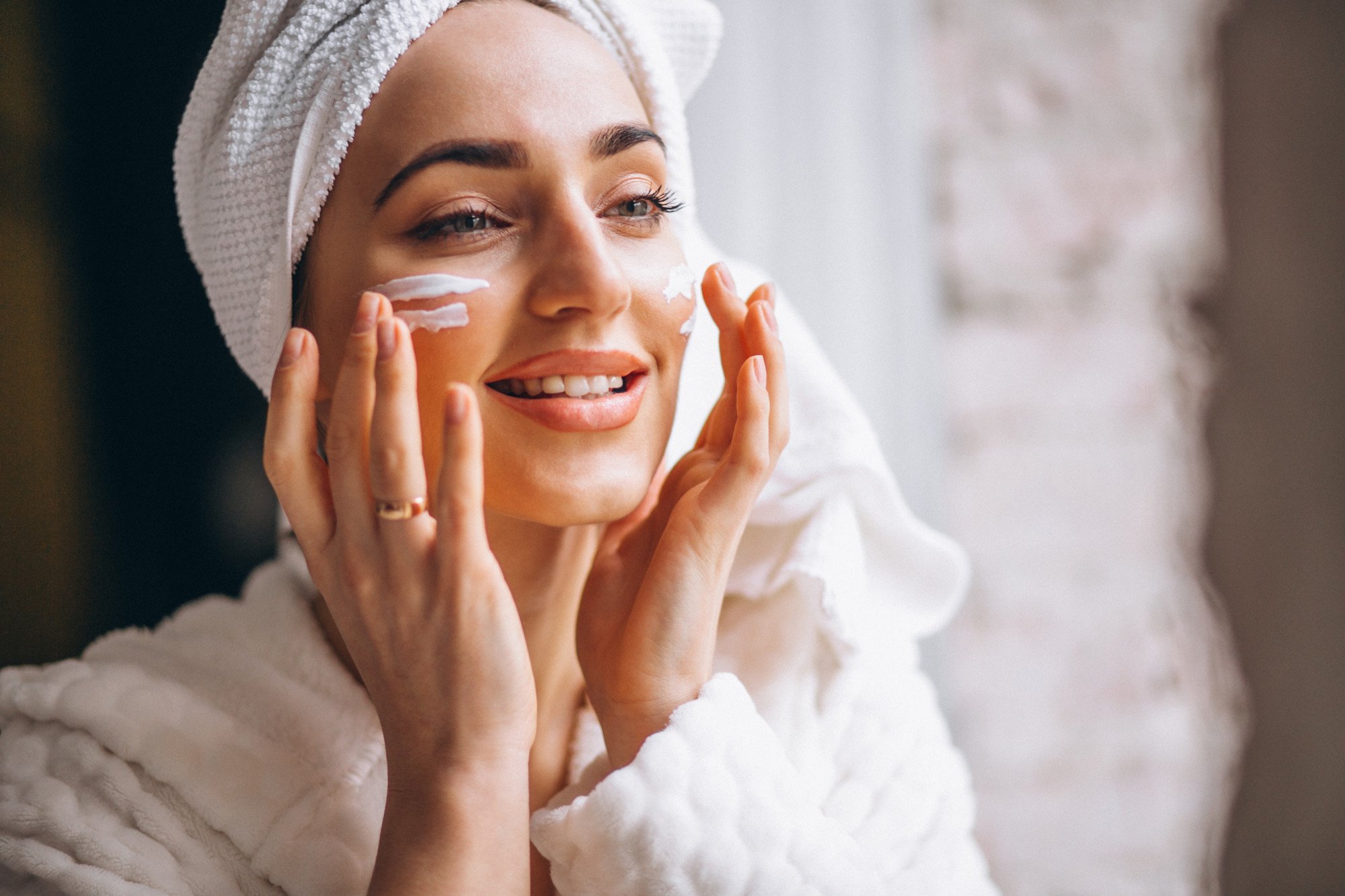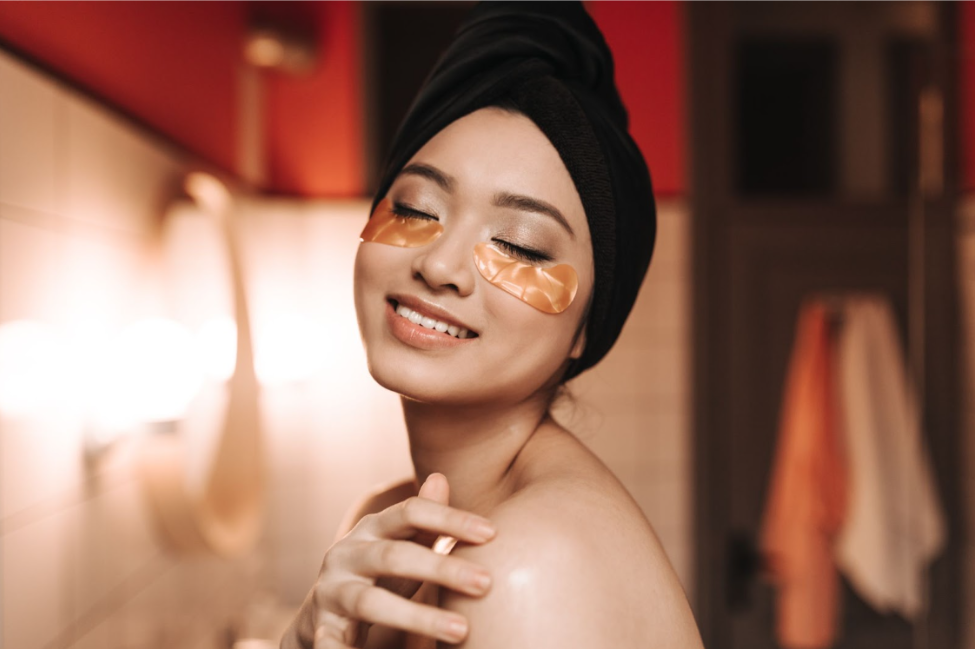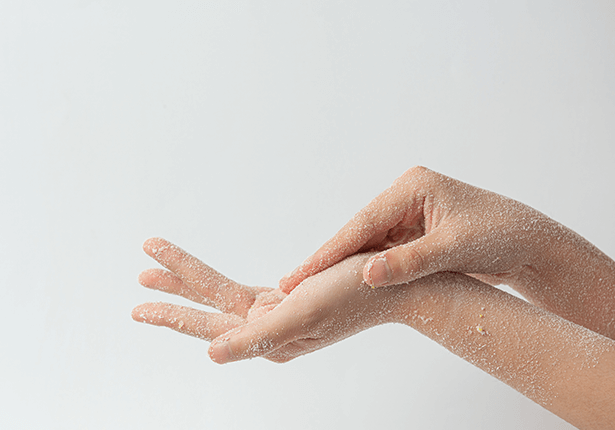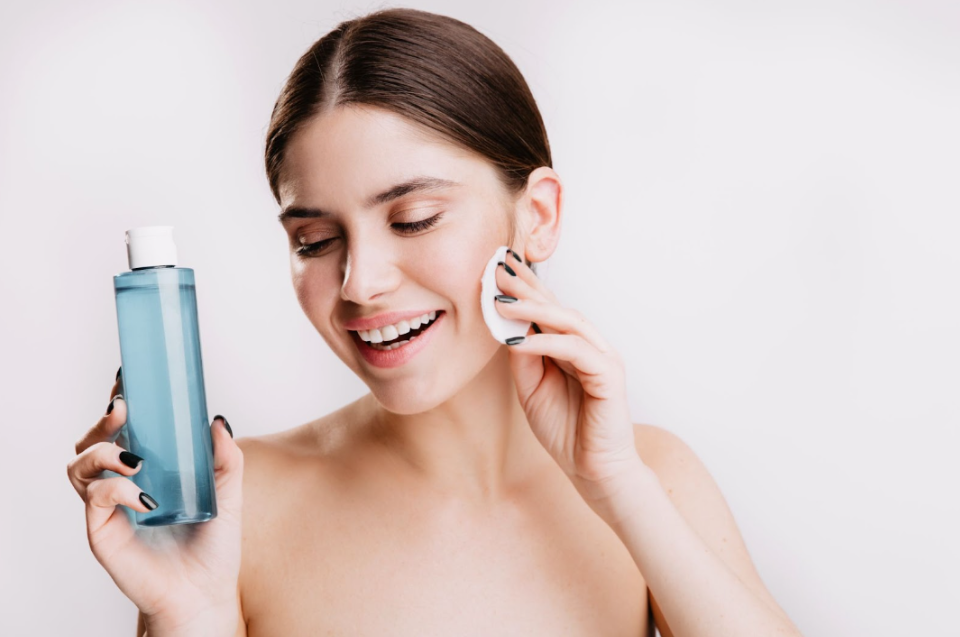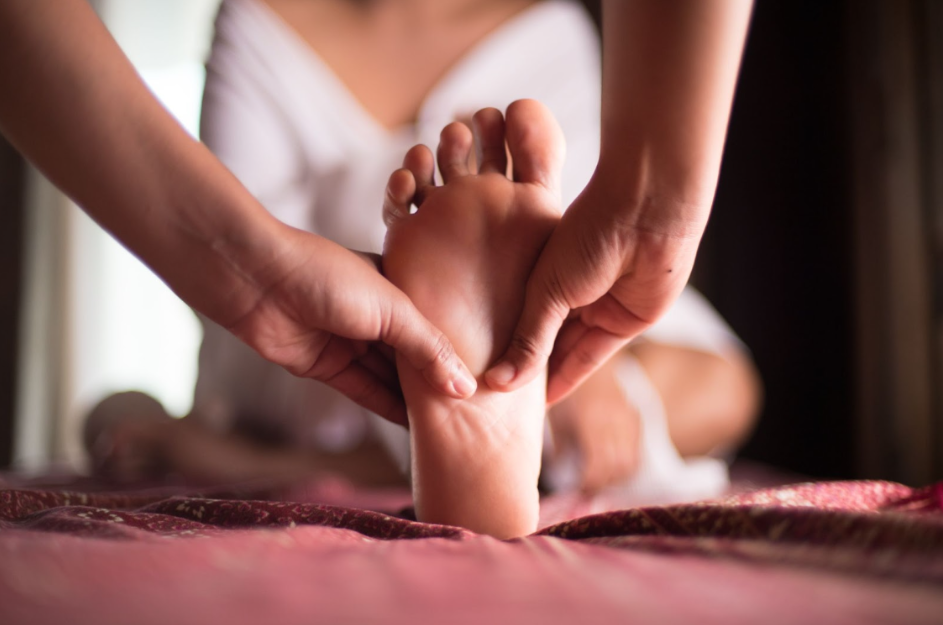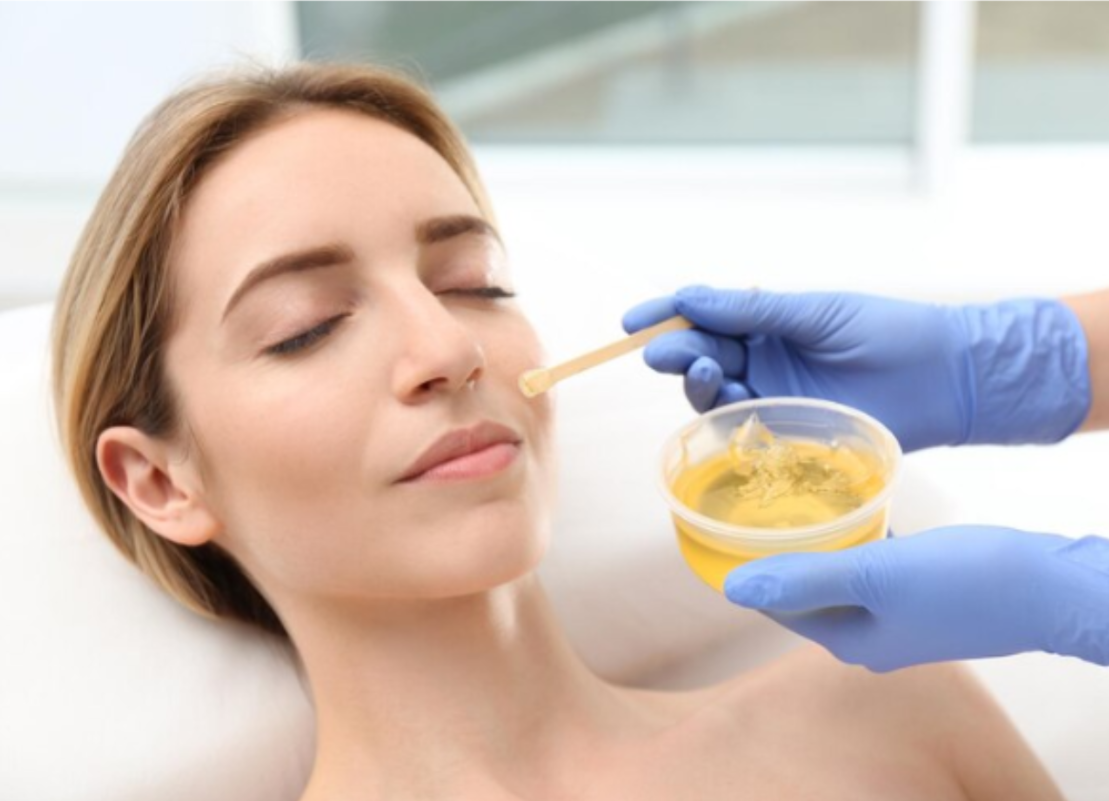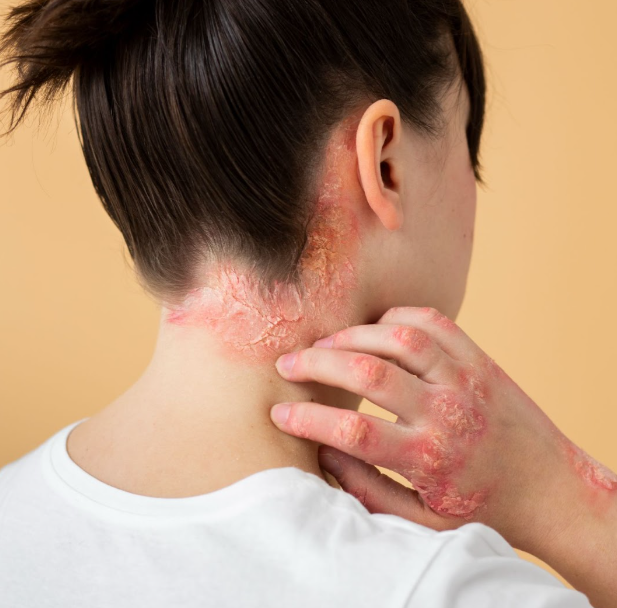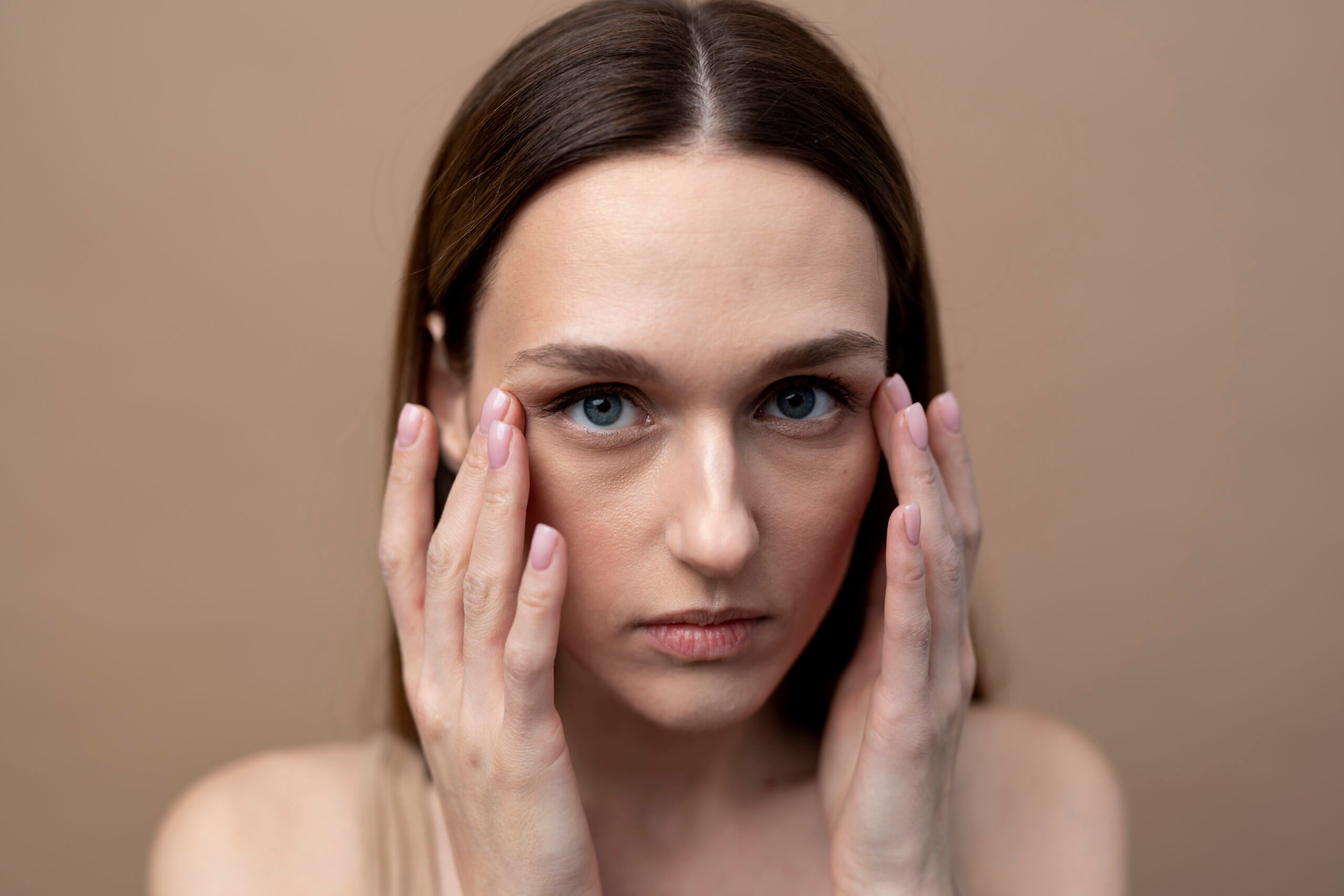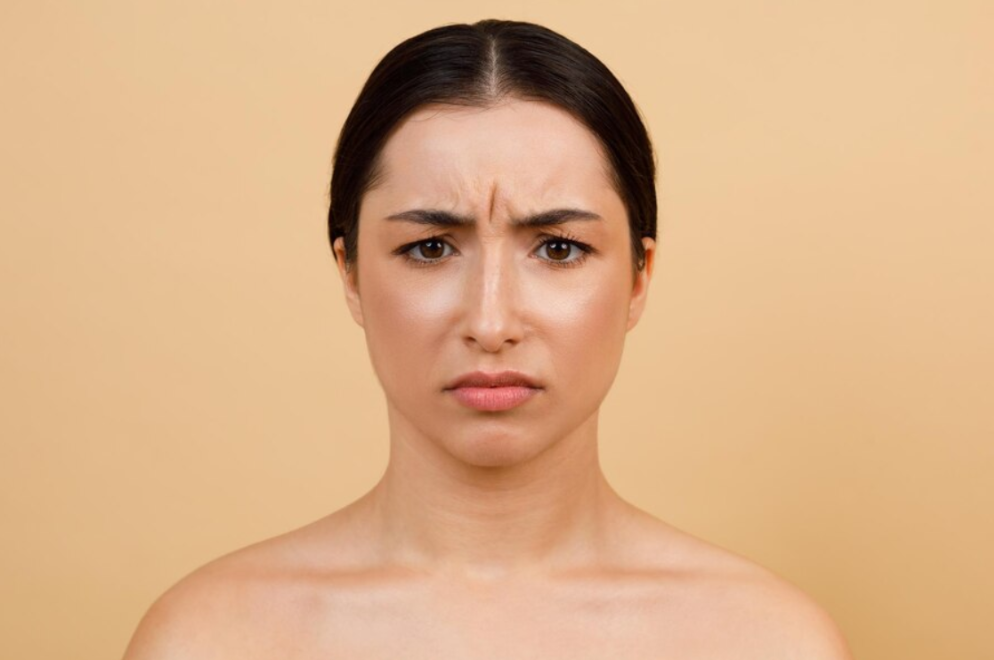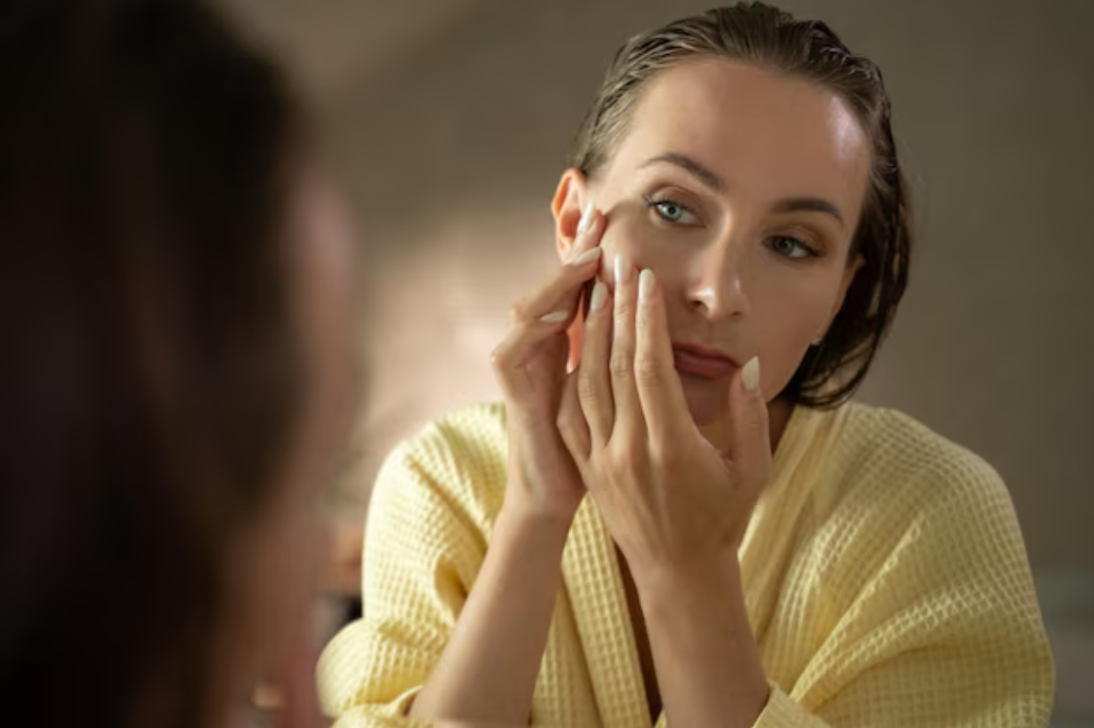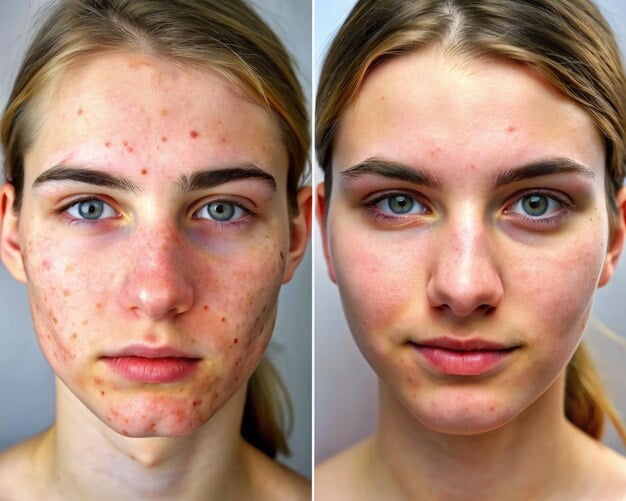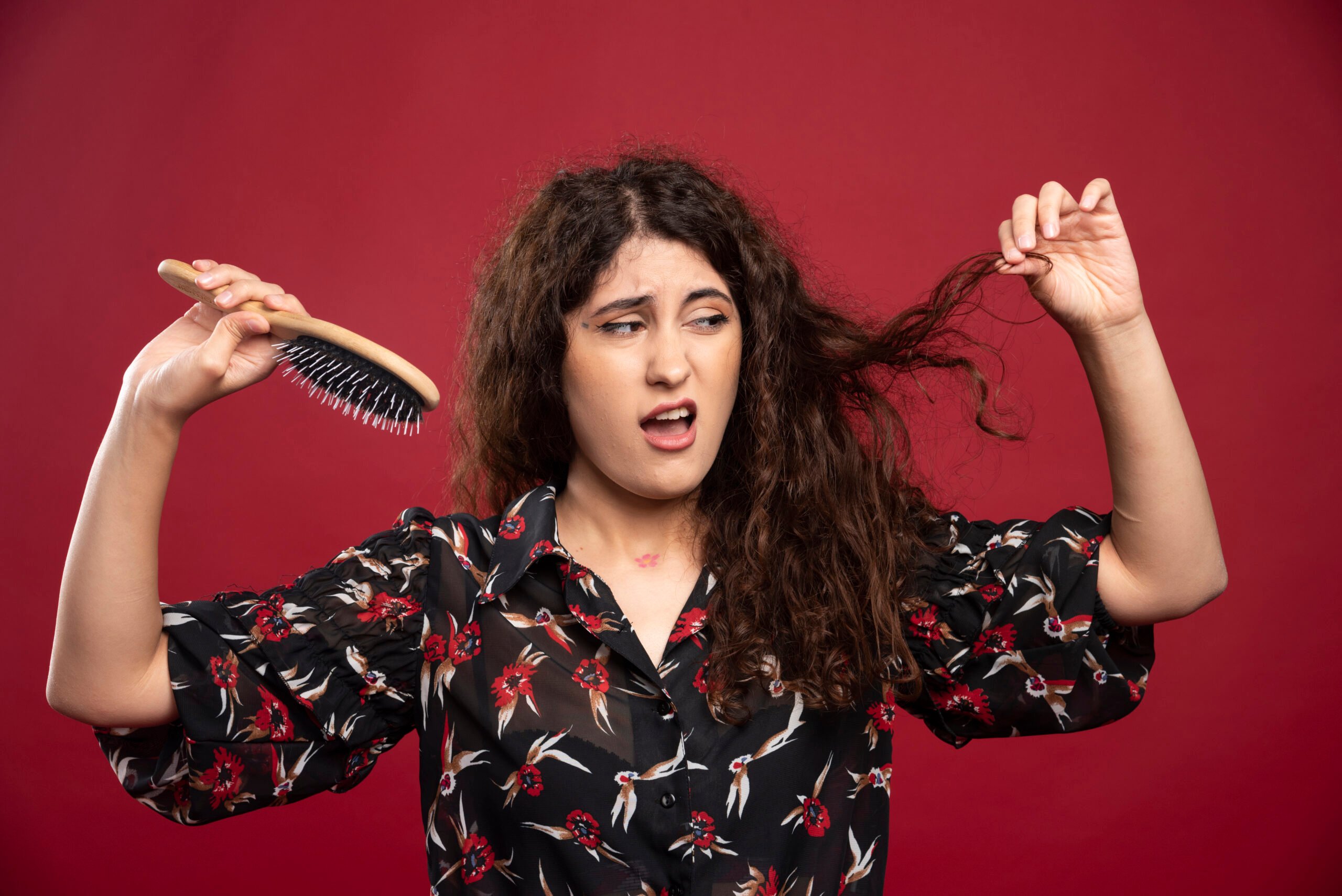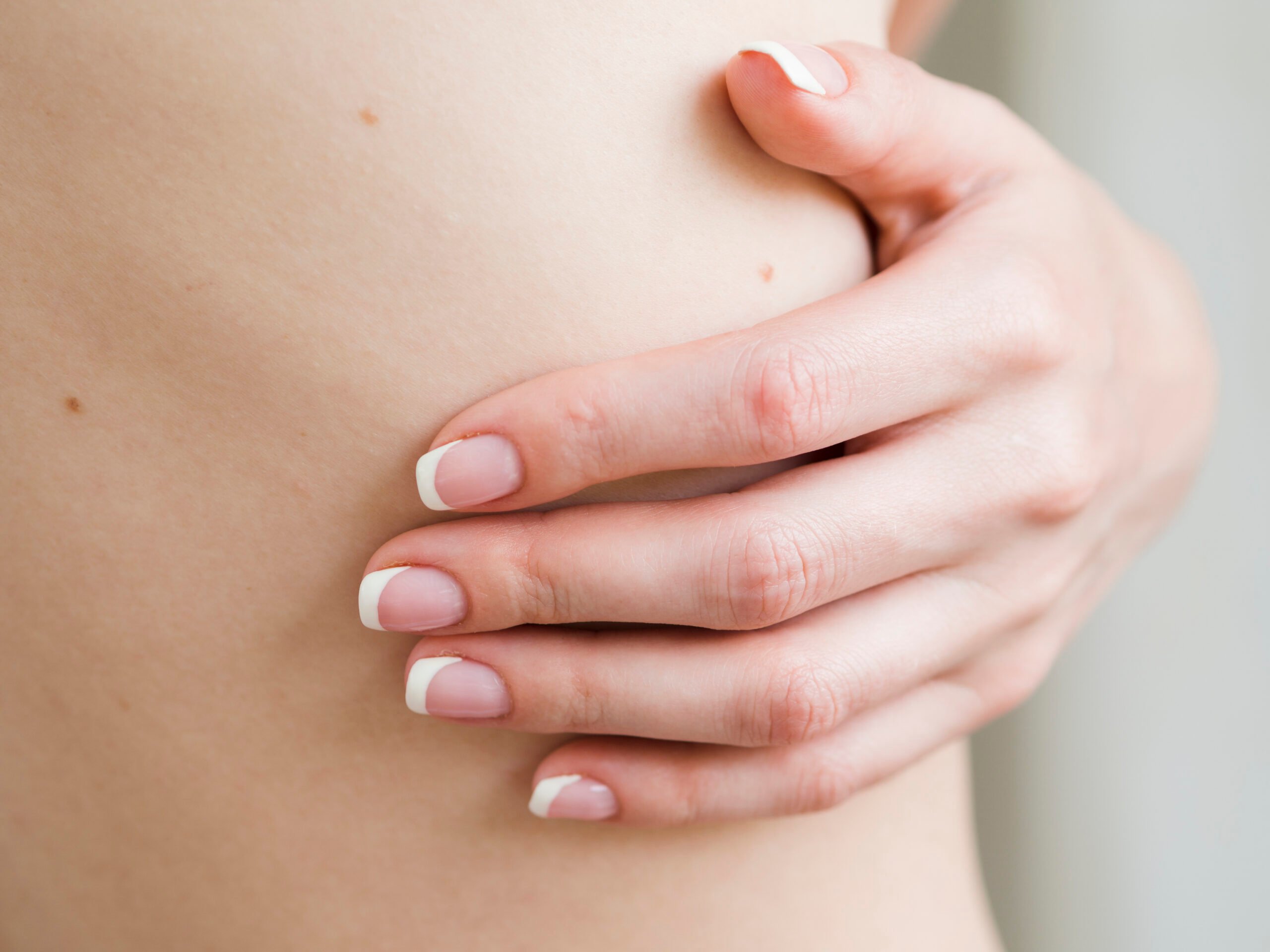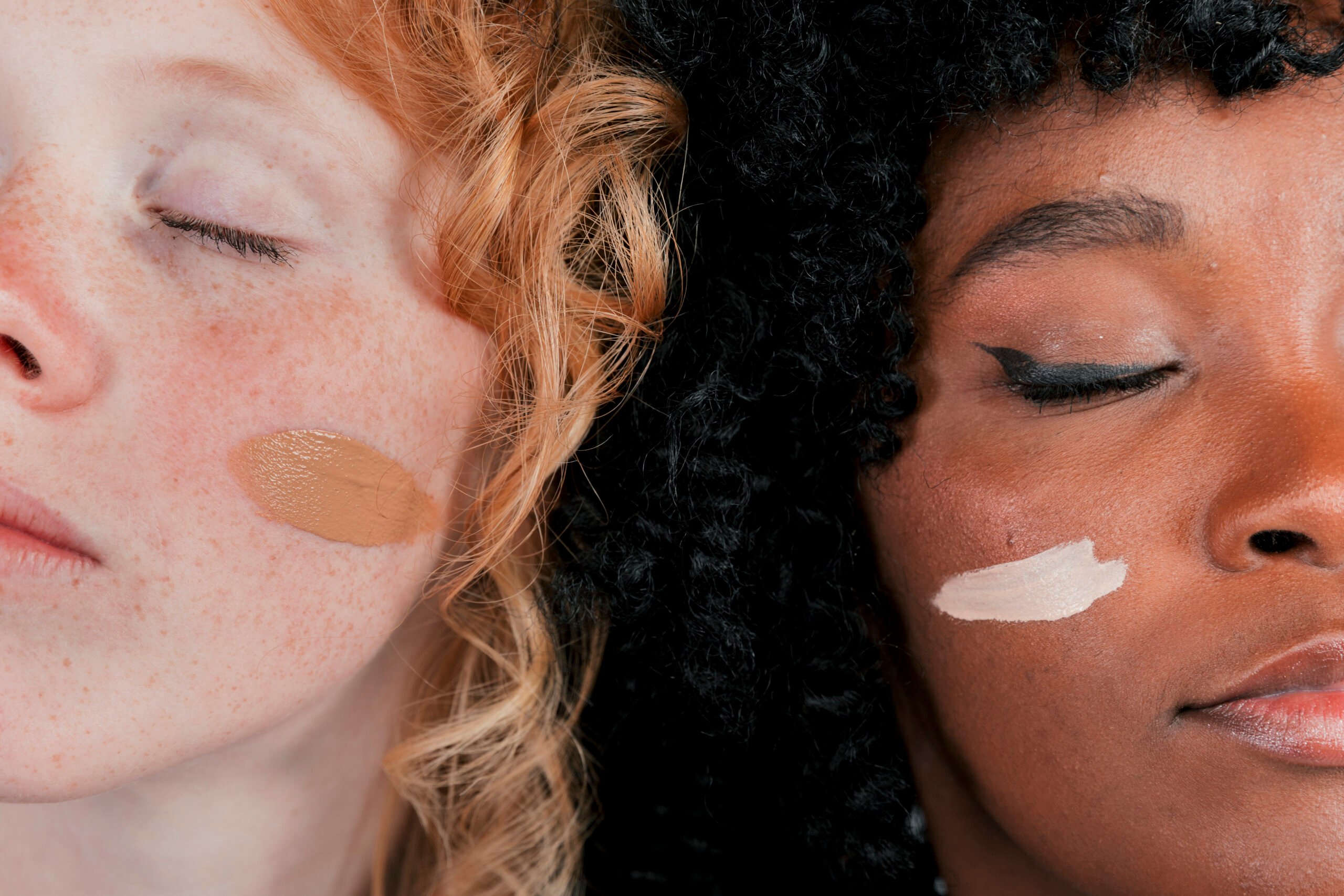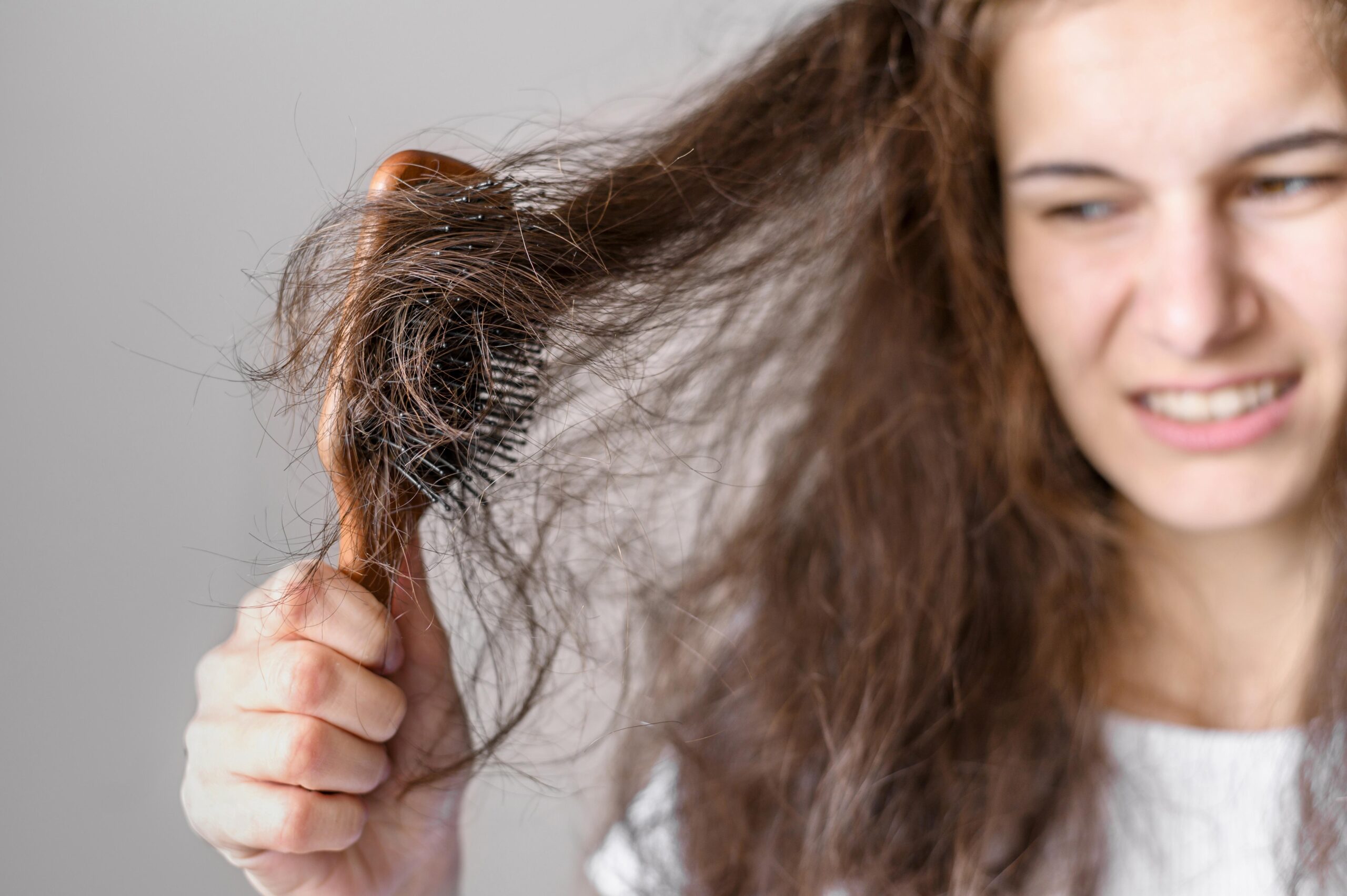Skin
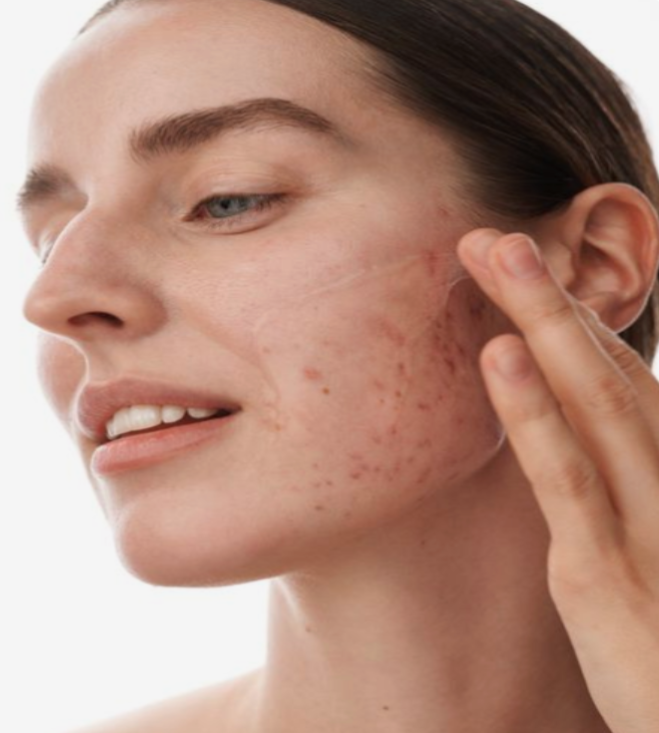
Skin
Nodular Acne: Causes and How to Treat It
5 minutes read | 11 Jul 24
What is Nodular Acne
Nodular Acne is a severe form of acne, nodular acne poses a significant challenge for people who experience painful symptoms that do not go away. We have prepared this detailed guide in consultation with experts from BodyCraft. The guide aims to help you understand the complexity of nodular acne better and give you information about its symptoms, causes and treatment methods available.
Symptoms of Nodular Acne
Cystic acne is often referred to as nodular acne since it appears as hard, swollen bumps under the skin. Unlike other types of pimples such as blackheads or whiteheads which can be seen with the naked eye, acne nodules do not have any opening and this is why they hurt so much. They are also accompanied by increased sensitivity and tenderness in the surrounding areas. It is important for anyone with these classic signs to get an accurate diagnosis done as well as appropriate treatment measures instituted.
Causes of Nodular Acne
Nodular acne occurs when pores get clogged up with excessive oil, dead skin cells, dirt etc., causing them to swell outwards forming what we call ‘acne nodules’. Apart from that genetic predisposition, hormonal imbalances especially during puberty or pregnancy may also contribute towards this condition’s development.
They trigger sebaceous glands to secrete more oils which mix with bacteria already present on our faces thus leading into pustule accumulation further down below skin’s surface where pressure builds up creating painful inflammations known as cysts.
In addition to hormonal imbalance, certain drugs like corticosteroids; progesterone-only contraceptives; lithium used in treatment manic depressive states; barbiturates used as sedatives etc can also aggravate nodular acne by increasing cortisol levels which in turn stimulates sebum production.
Moreover, some medications might trigger off an attack or even worsen pre-existing conditions – skin care products containing comedogenic substances should be avoided altogether, if one wants to prevent getting large inflamed zits because they tend to block follicles thus creating a favorable environment for bacteria multiplication causing more breakouts than usual while at the same time aggravating pre-existing ones.
Treatment for Nodular Acne
To successfully treat nodular acne, it is necessary to employ a holistic approach suitable for the severity and individual characteristics of the condition. Below are ten tips that we recommend for treatment.
Visit a dermatologist
It is advisable that you seek professional consult from a dermatologist who should be able to give an accurate diagnosis and recommend personalized treatments that suit your needs best.
Note that Bodycraft Clinic offers free consultations with the dermatologist.
Know your options
Prioritize understanding the various available treatment options which include oral antibiotics, prescription strength drugs as well as topical applications among others.
Reduce inflammation
Treatments aimed at reducing inflammation in acne nodules need to be given some attention. For example, cortisone injections can be used or patients can take oral medications like isotretinoin.
Think about oral antibiotics
Bacterial growth can be controlled by oral antibiotics and hence recommended by dermatologists for the treatment of nodular acne. This process also helps reduce skin inflammation within the nodules.
Look into prescription strength drugs
If the condition is severe, prescription-strength medications such as isotretinoin may be suggested by doctors in order to target excessive sebum production which causes blockage of hair follicles leading to acne eruptions.
Utilise topical treatments
Dermatologists advise that patients should use topical treatments that have benzoyl peroxide, salicylic acid, or retinoids as part of their skincare routine so as to kill bacteria which cause acne and also shed off old skin cells thus preventing further breakout.
Manage hormone imbalances
If you have nodularities caused by hormonal changes you may need to treat it using hormone therapy which regulates their levels in the body.
Know the side effects
Be aware of the side effects of any treatment method that you use and discuss them with your dermatologist.
Ensure proper skin care routine
Have a gentle skin care routine; avoid using anything abrasive that will inflame your face further or close up pores because these things tend to be very harsh on sensitive, inflamed skin such as acne vulgaris etc
Keep track on progress made so far
Always monitor how well treatments work out against this condition and communicate any changes or concerns with your dermatologist to adjust your treatment plan accordingly.
Treating Acne Scars
Having to deal with acne scarring can be really hard, especially when they are a constant reminder of previous breakouts. If you have had nodular acne, or are someone who tends to pick at their zits, then chances are that some form of scar will show up. Below we’ve detailed the different types of acne scars:
Professional Treatments
Depending on the severity of your scarring and the type you have, there are different professional treatments that can help reduce them including:
Morpheus8:
This treatment combines microneedling and radiofrequency energy to stimulate collagen production, tighten skin, and reduce wrinkles. The benefits include improved uneven skin texture and tone, reduced appearance of scars and stretch marks, and a more youthful, rejuvenated appearance without invasive surgery.
Microneedling with Dermapen:
Microneedling with Dermapen uses tiny needles to create controlled micro-injuries in the skin, promoting collagen and elastin production. The benefits include smoother skin texture, reduced appearance of fine lines and acne scars, and enhanced absorption of skincare products for more effective results.
Chemical peels:
A chemical peel is a solution containing acid applied to affected areas to peel off old, damaged cells, thereby stimulating the production of healthier ones beneath them.
Dealing with your blemishes might seem overwhelming at first but seeking professional help could really change things around for you.
The Takeaway
If you can’t decide what kind of treatment would be most suitable for you, consulting a dermatologist would be the best step to take since they are best placed at diagnosing different skin conditions and recommending appropriate solutions.
It’s important to remember that wanting to do something about the way our bodies look is not selfish; it’s normal and healthy.
FAQs around Nodular Acne
1. What are the Symptoms of Nodular Acne?
Symptoms include large, painful, deep-seated nodules under the skin that are inflamed and can lead to scarring if untreated promptly.
2. What causes Nodular Acne?
Nodular acne is caused by clogged pores due to excess oil, dead skin cells, and bacteria. Hormonal changes, genetics, and certain medications also contribute.
3. How to shrink nodular acne?
Effective treatments include isotretinoin to reduce oil production and corticosteroid injections to quickly reduce inflammation and nodule size.
4. How to treat scars due to nodular acne?
Treatments include laser therapy, microneedling, and chemical peels to promote skin healing and collagen production, reducing scar appearance.
5. What can reduce redness of nodular acne?
Topical treatments like benzoyl peroxide or antibiotics can reduce inflammation and redness associated with nodular acne.
6. Does nodular acne occur due to body heat?
Nodular acne is primarily caused by clogged pores and bacterial infection, not body heat. However, excessive sweating can worsen symptoms by increasing pore blockages.
Related categories
Get a complimentary consultation today. Book now
























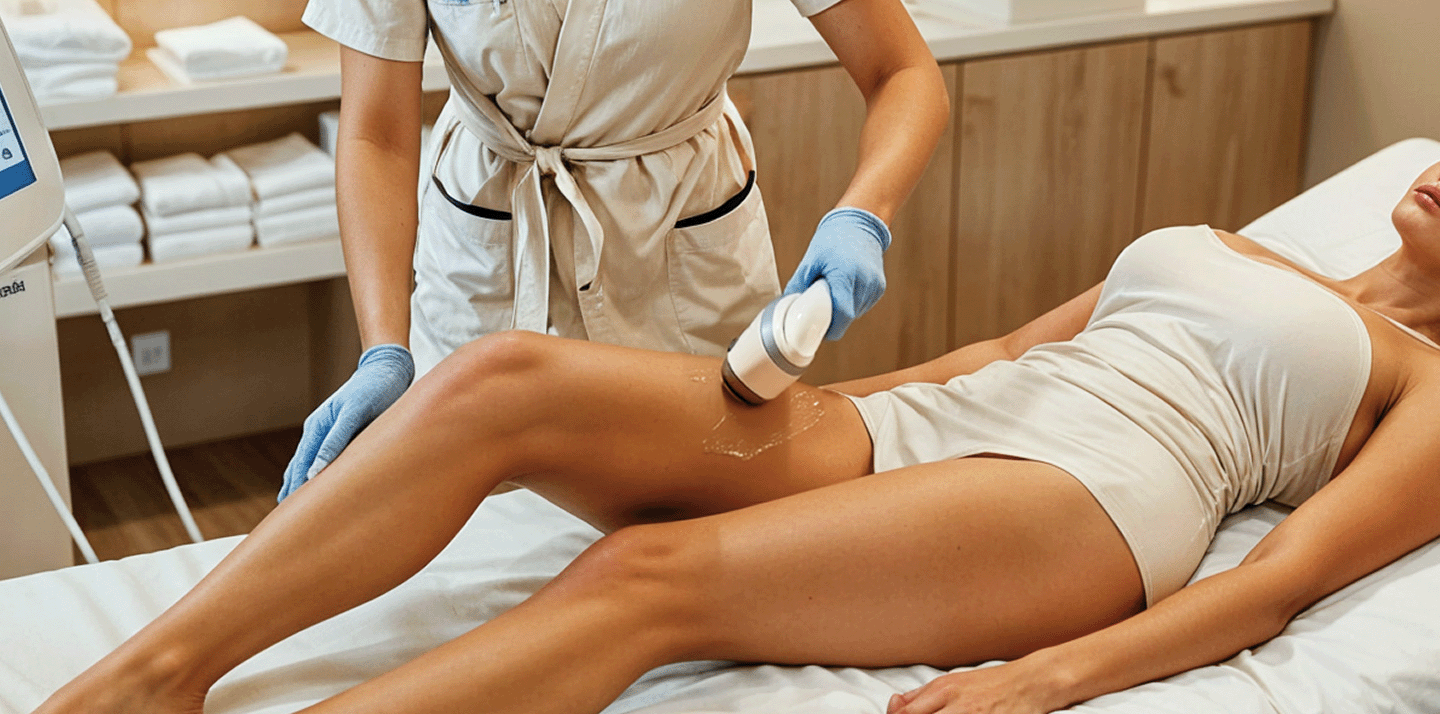














.png)

























-1.png)

